Photos of the Buccaneers' complete roster.

2 K John Lunsford
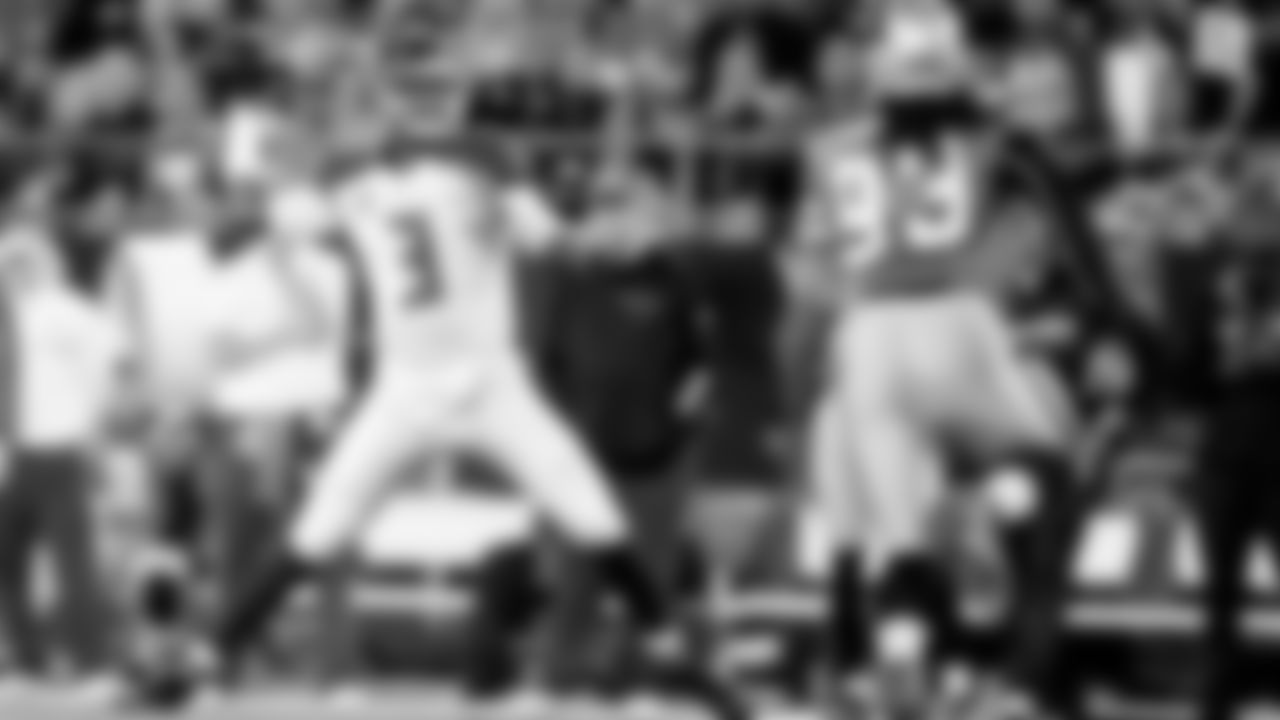
3 QB Jameis Winston

4 QB Ryan Griffin
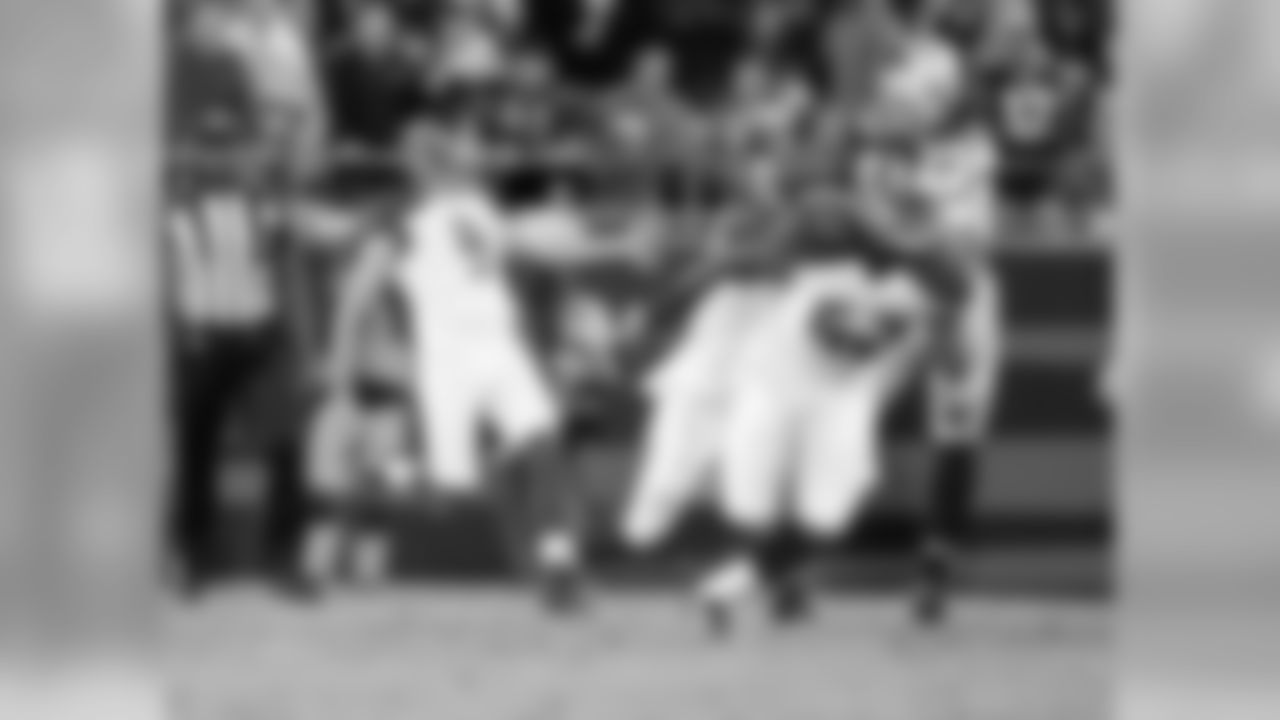
9 P Bryan Anger

10 WR Adam Humphries

11 WR DeSean Jackson

13 WR Mike Evans

14 QB Sean Renfree
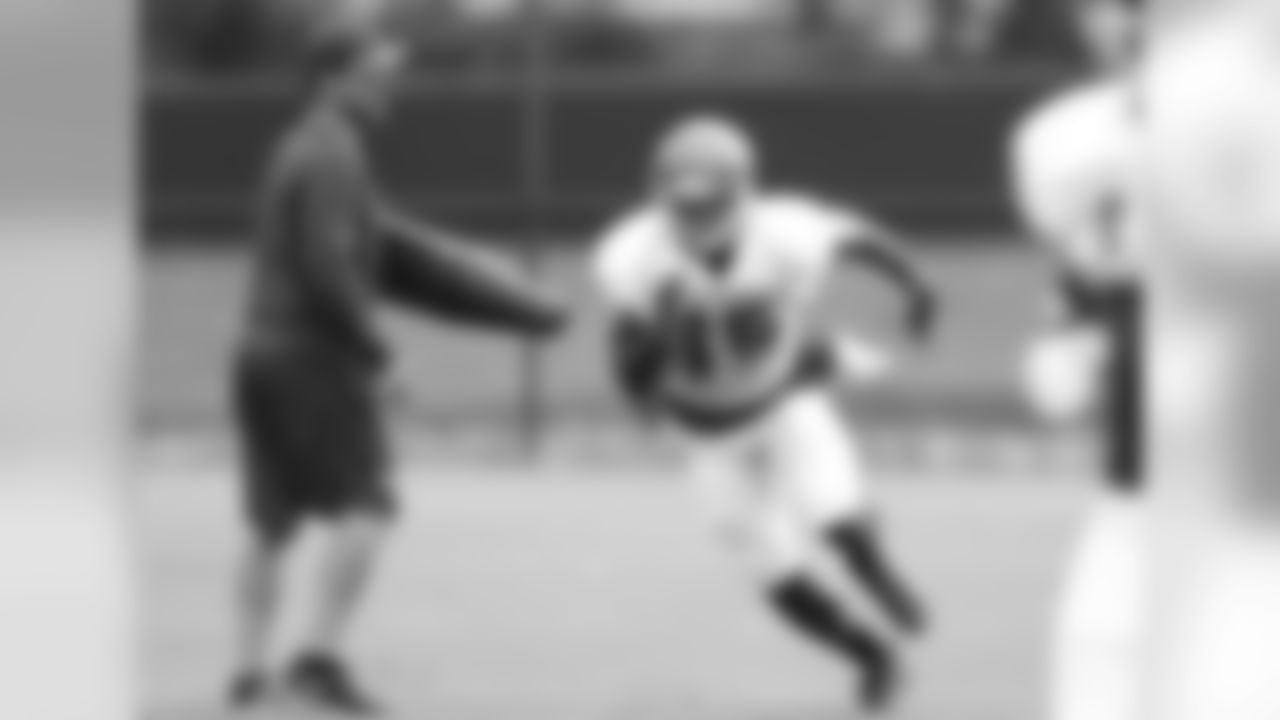
15 WR Josh Huff
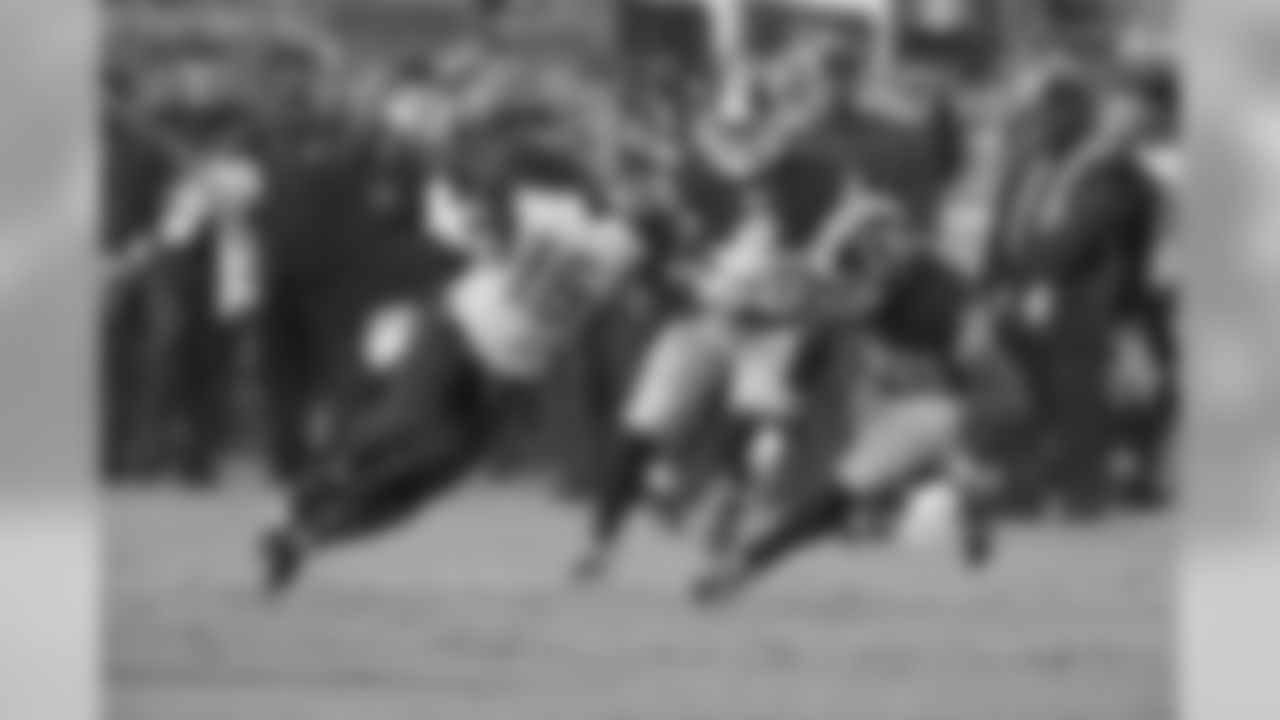
16 WR Freddie Martino

17 WR Donteaa Dye
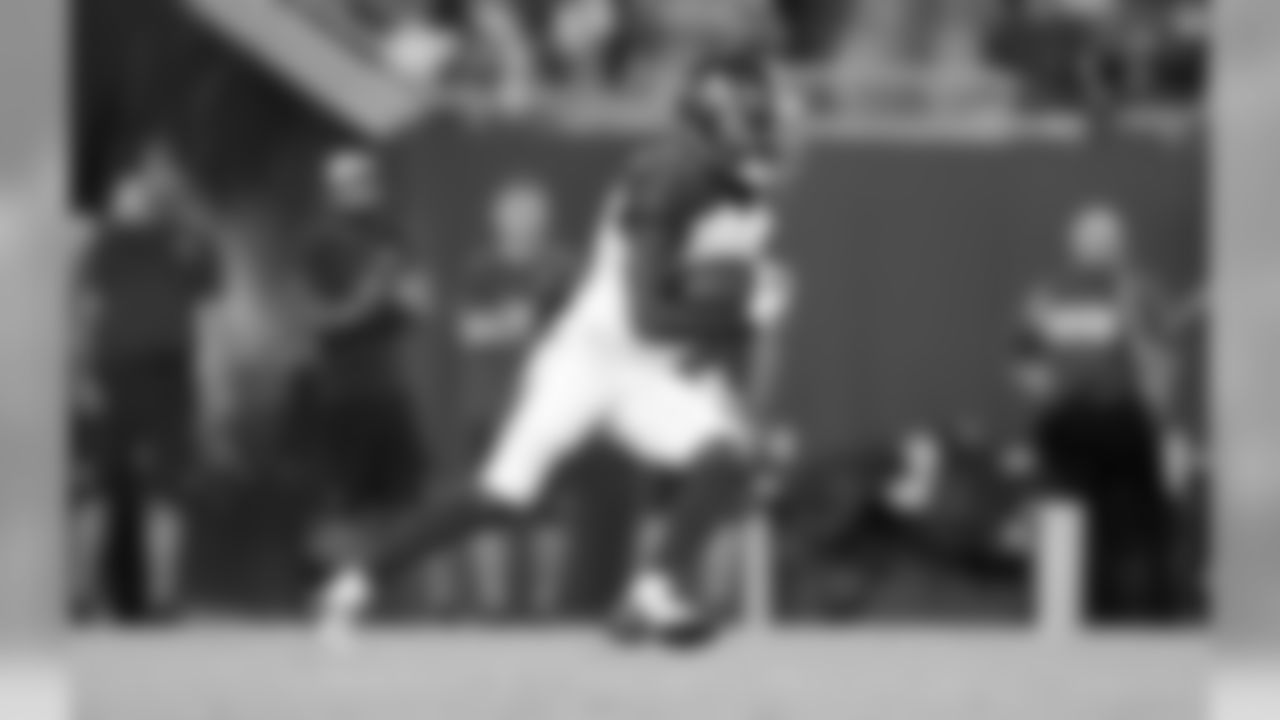
18 WR Bernard Reedy
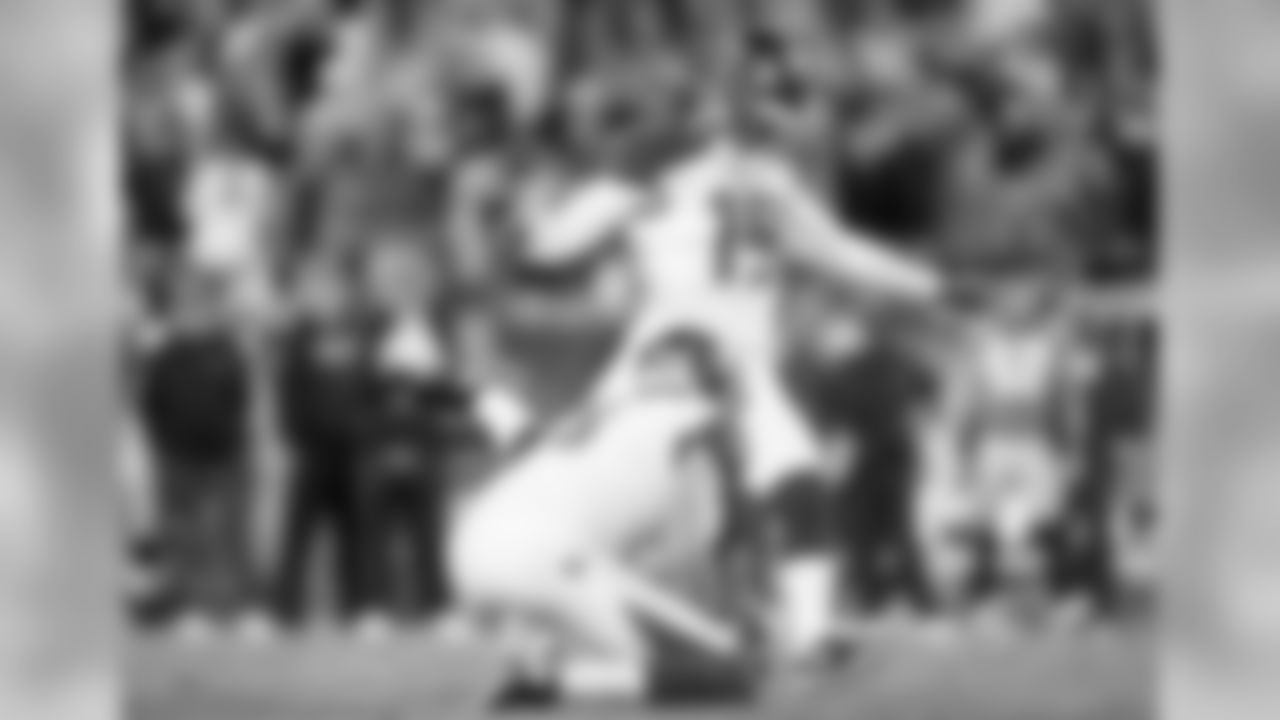
19 K Roberto Aguayo

22 RB Doug Martin
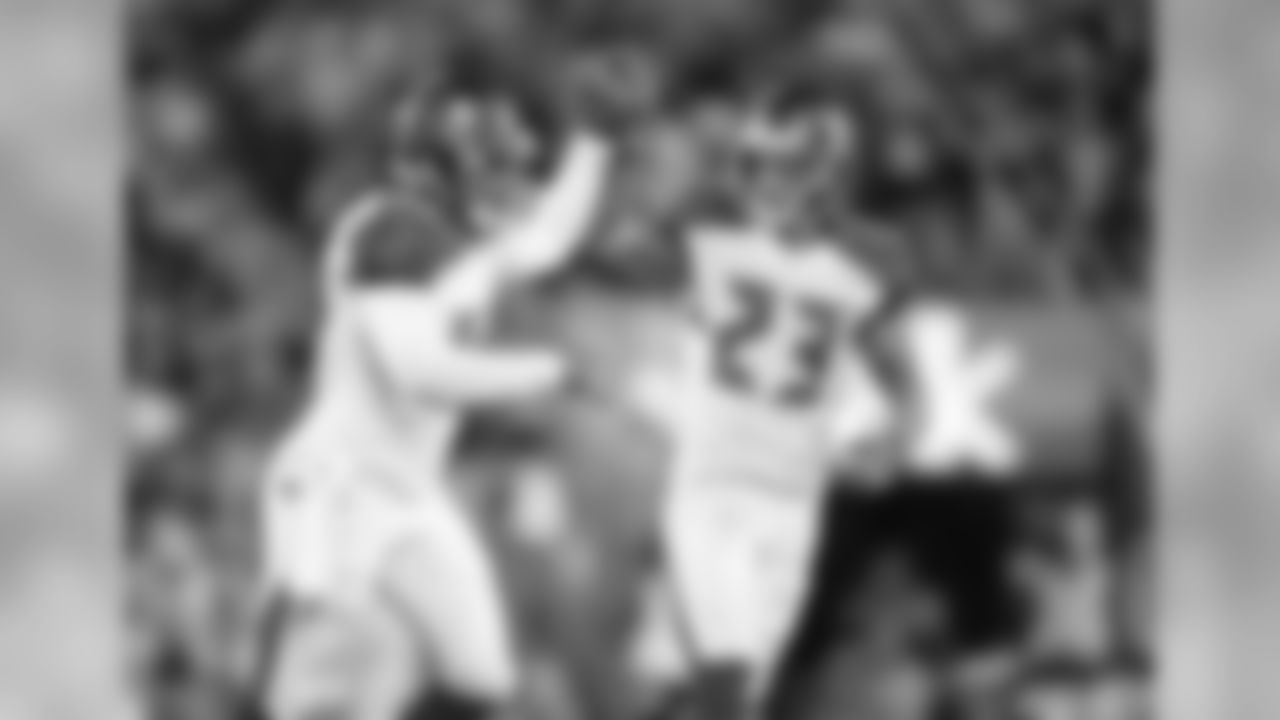
23 S Chris Conte

24 CB Brent Grimes

25 RB Blake Sims
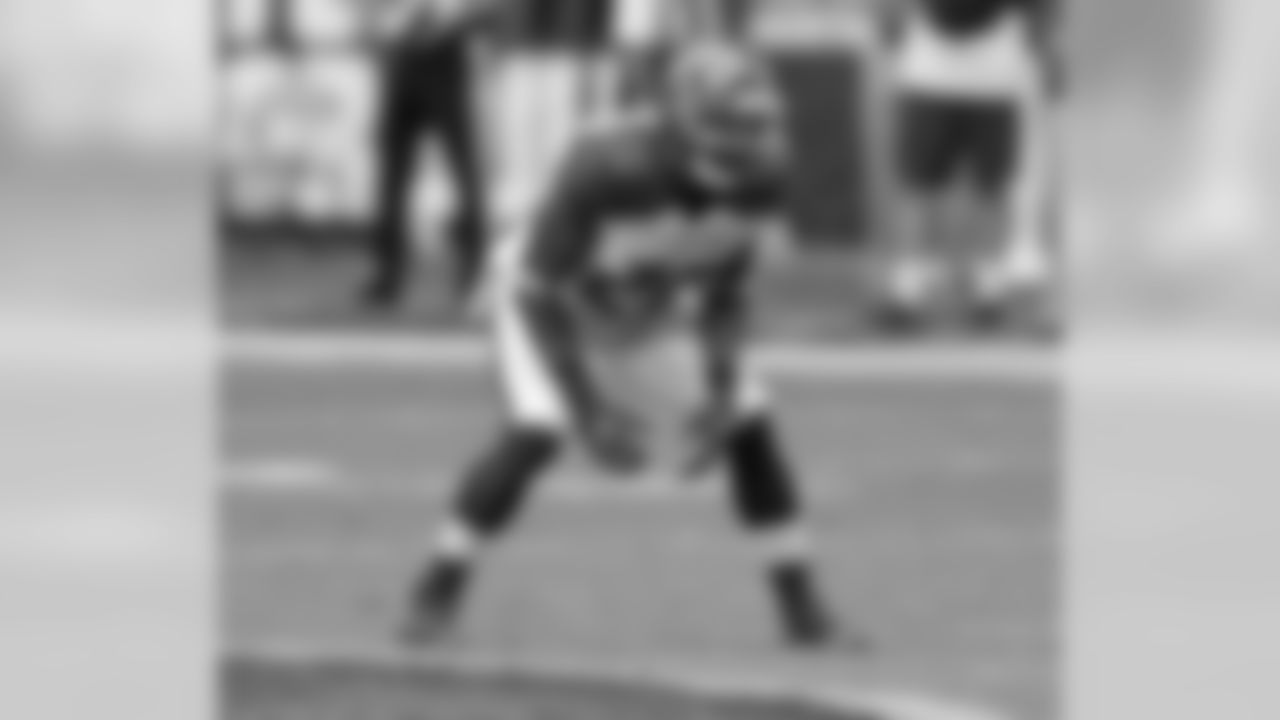
26 CB Josh Robinson

27 S J.J. Wilcox
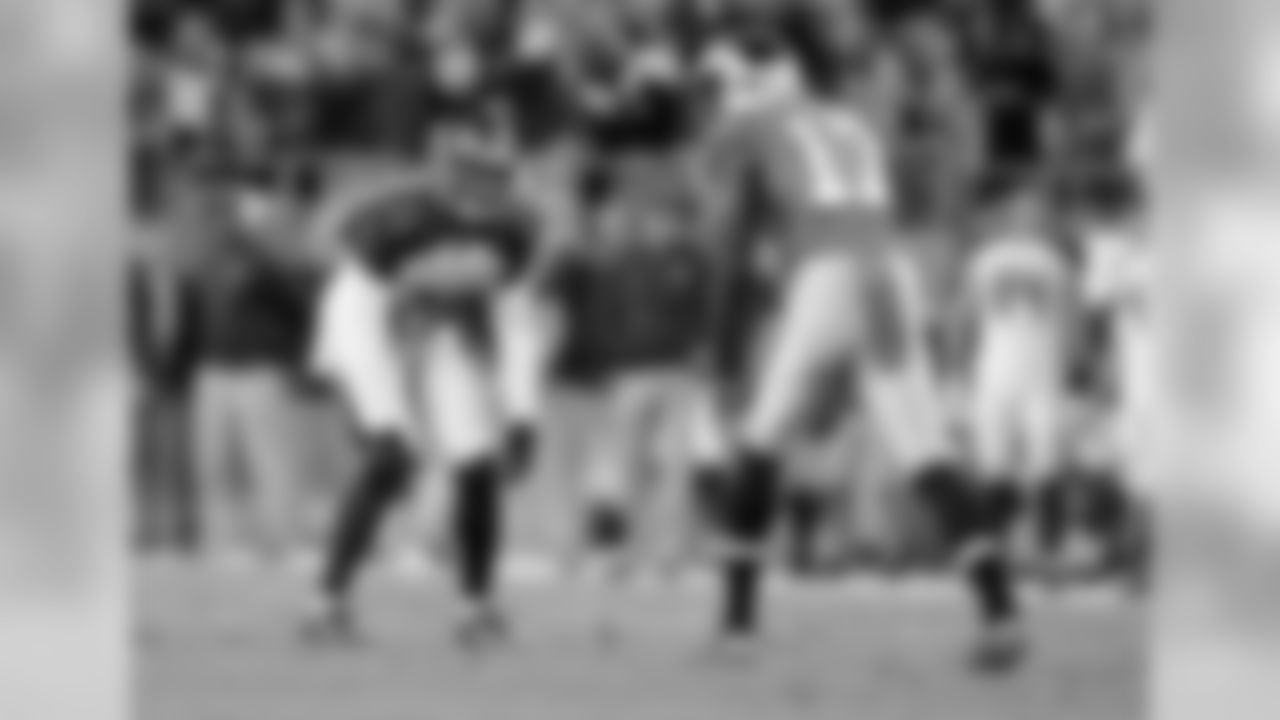
28 CB Vernon Hargreaves

29 DB Ryan Smith

31 CB Cody Riggs
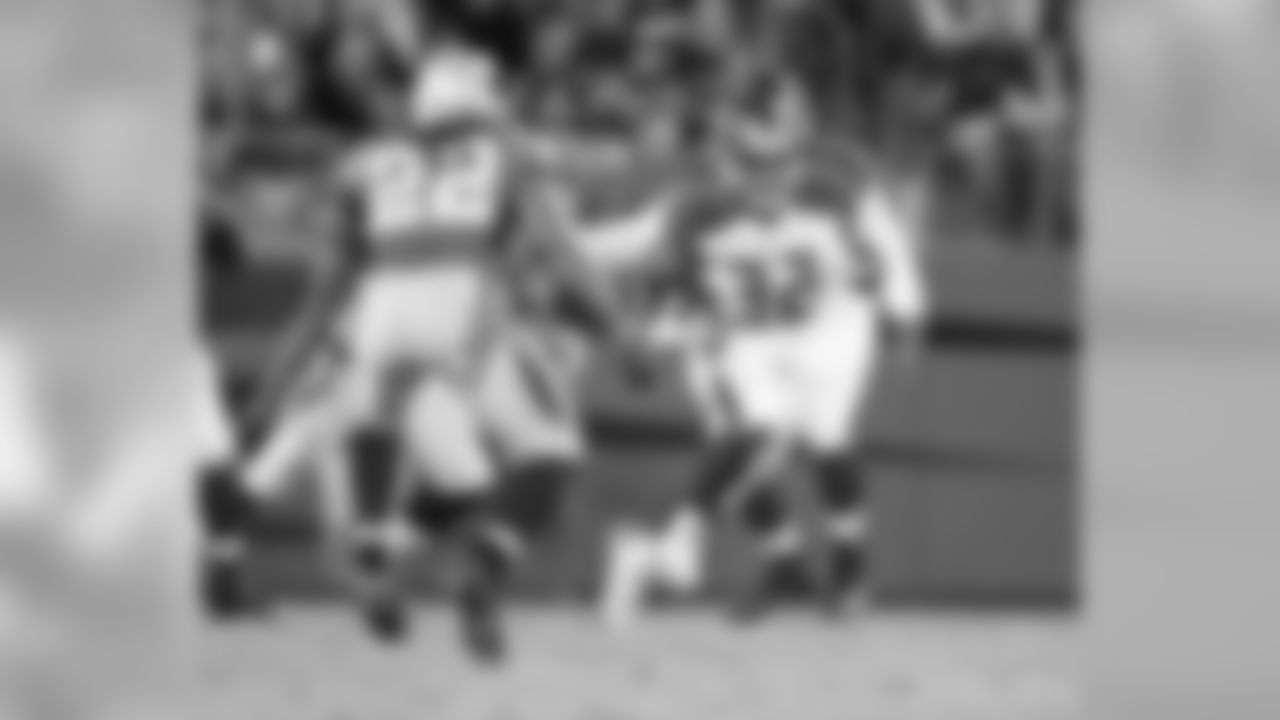
32 RB Jacquizz Rodgers

34 RB Charles Sims
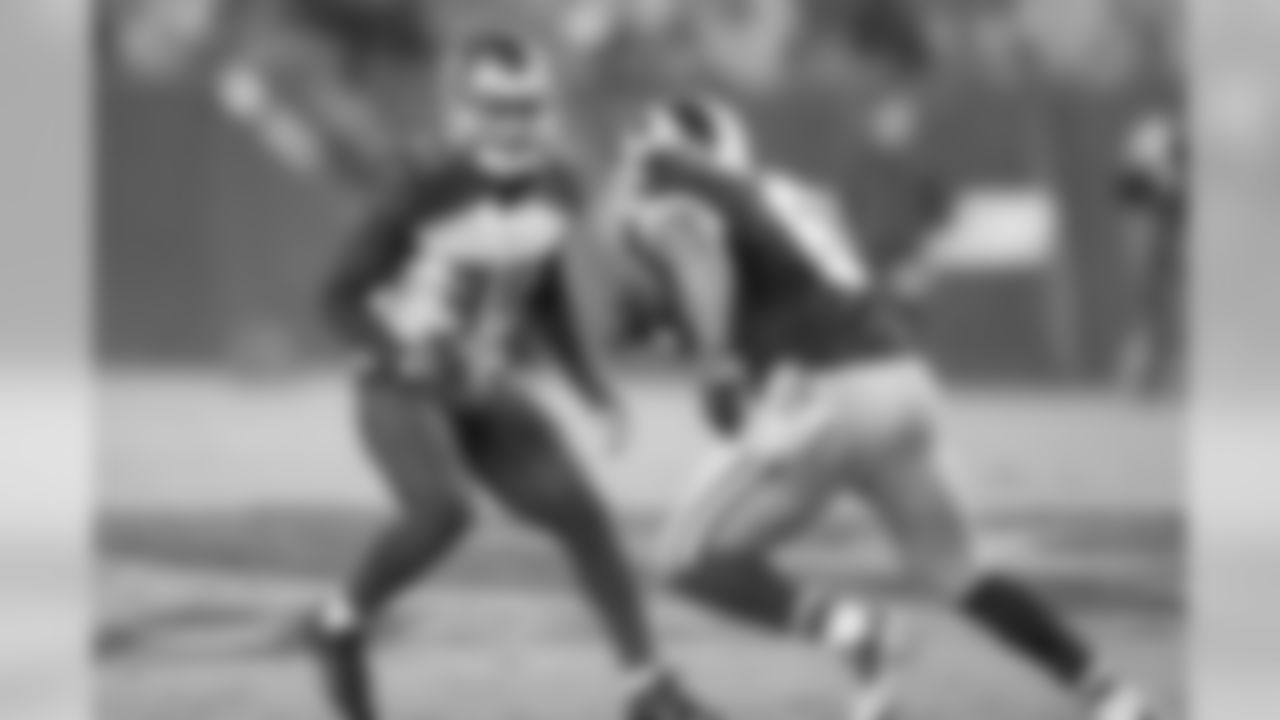
35 CB Javien Elliott

36 RB Quayvon Hicks
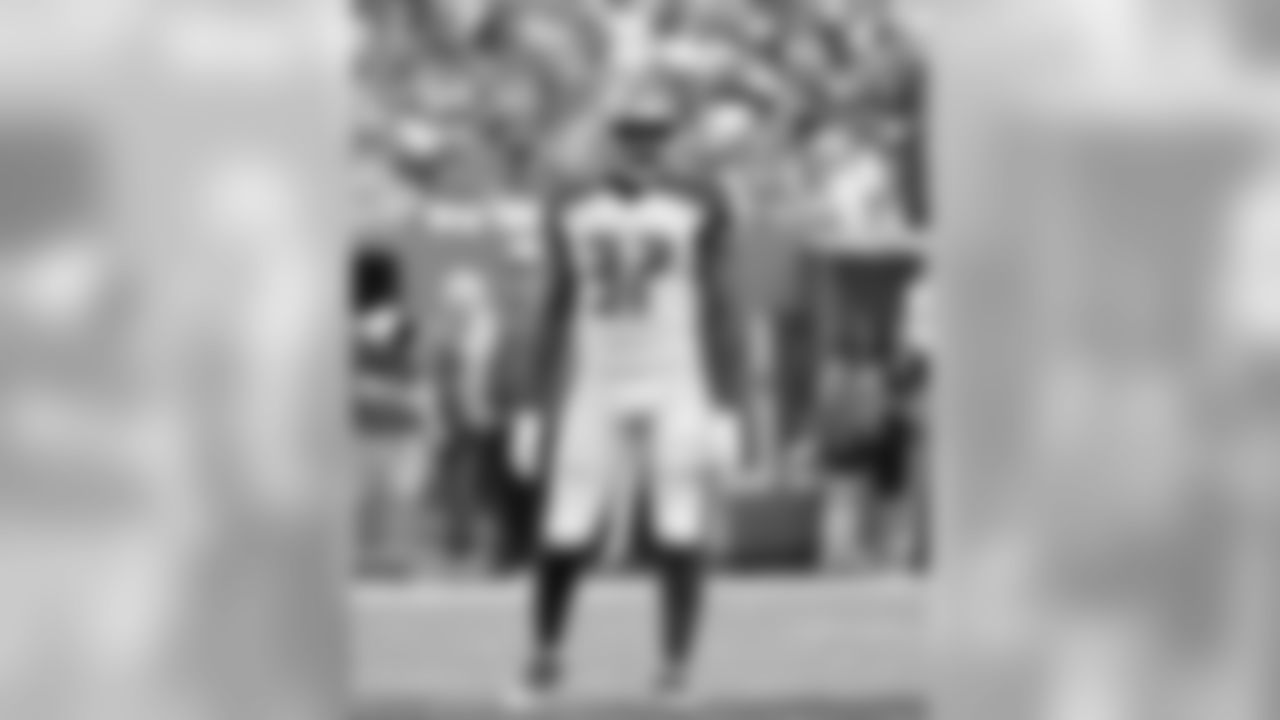
37 S Keith Tandy

38 CB Jude Adjei-Barimah

39 S Isaiah Johnson
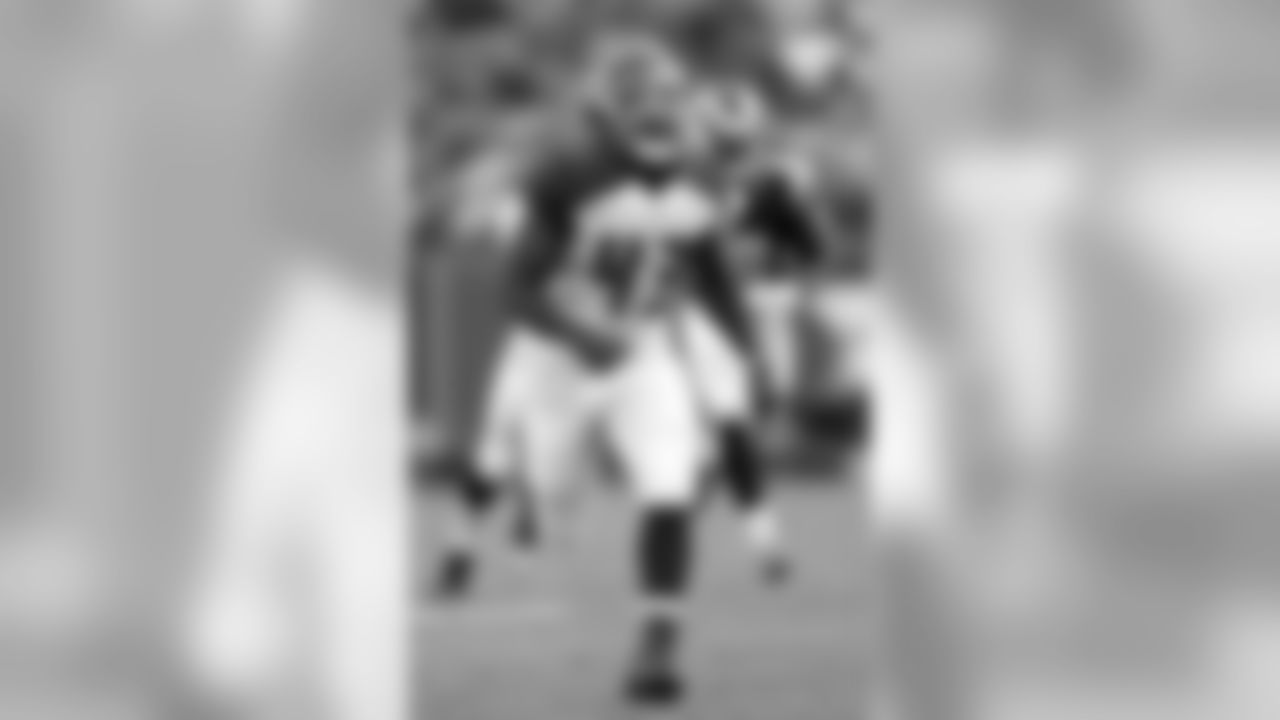
43 RB Peyton Barber
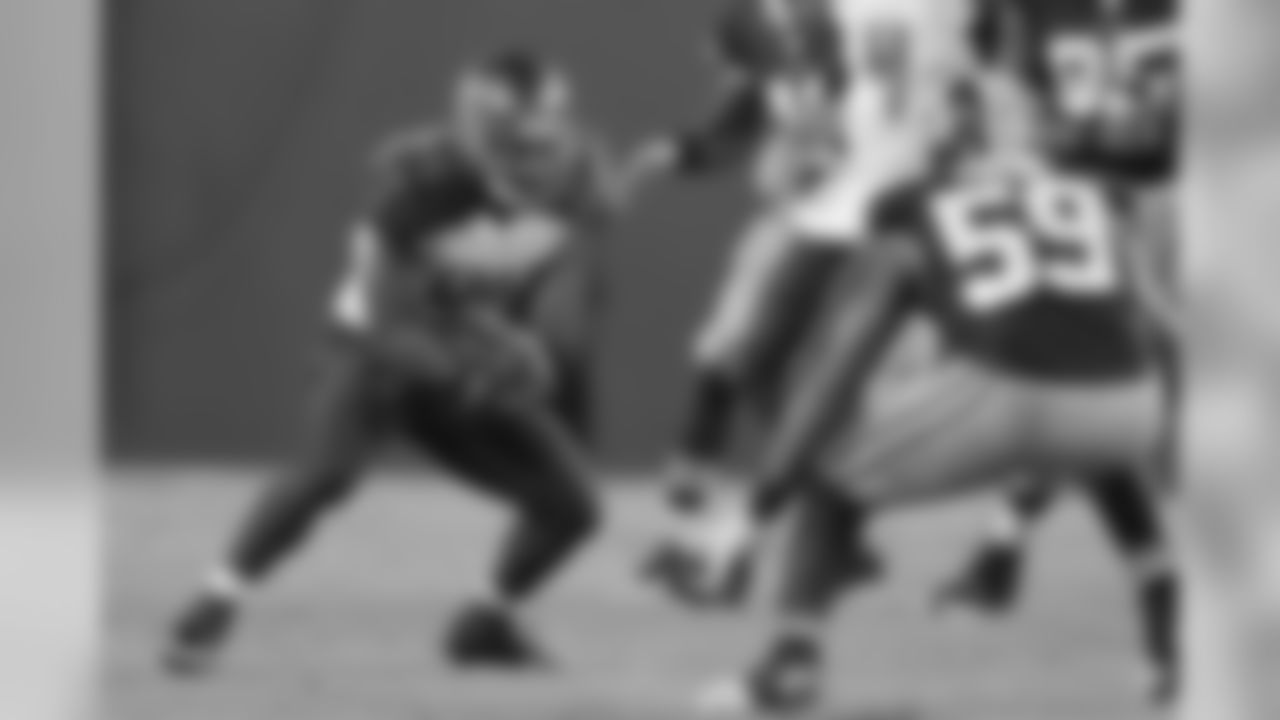
44 RB Russell Hansbrough

45 TE Alan Cross

46 FB Austin Johnson
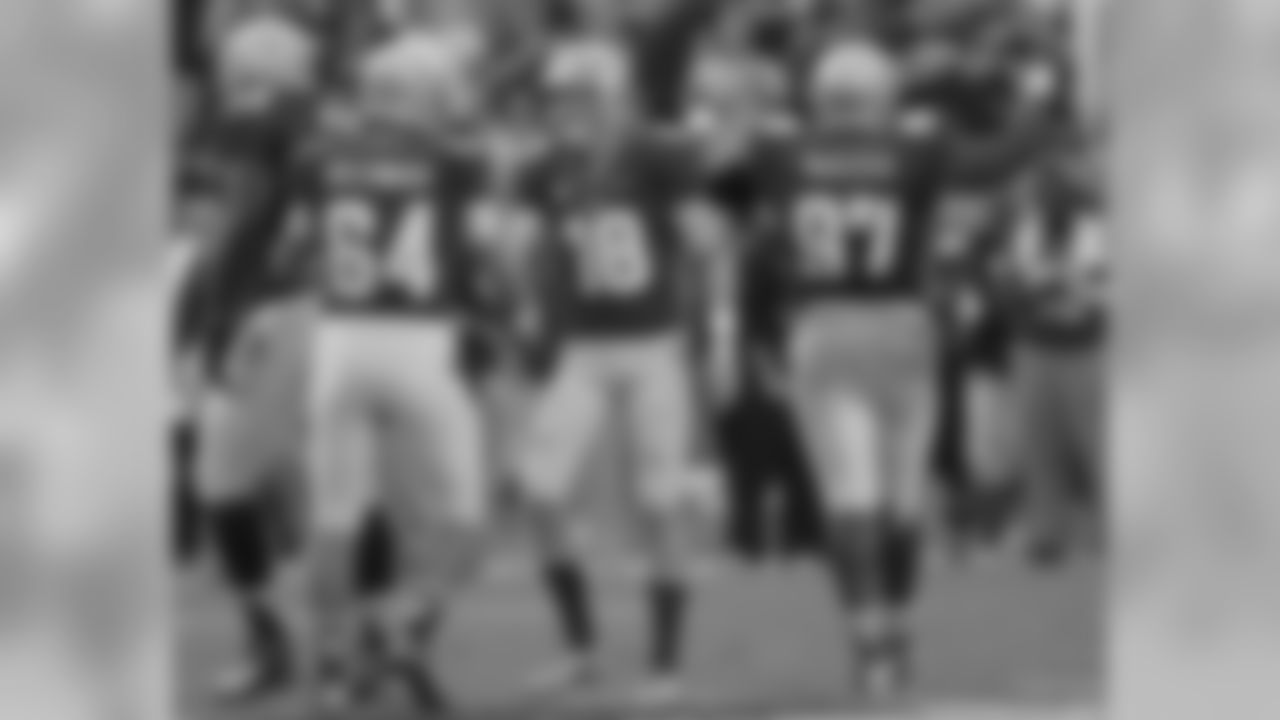
49 LS Dax Dellenbach

52 LB Cameron Lynch
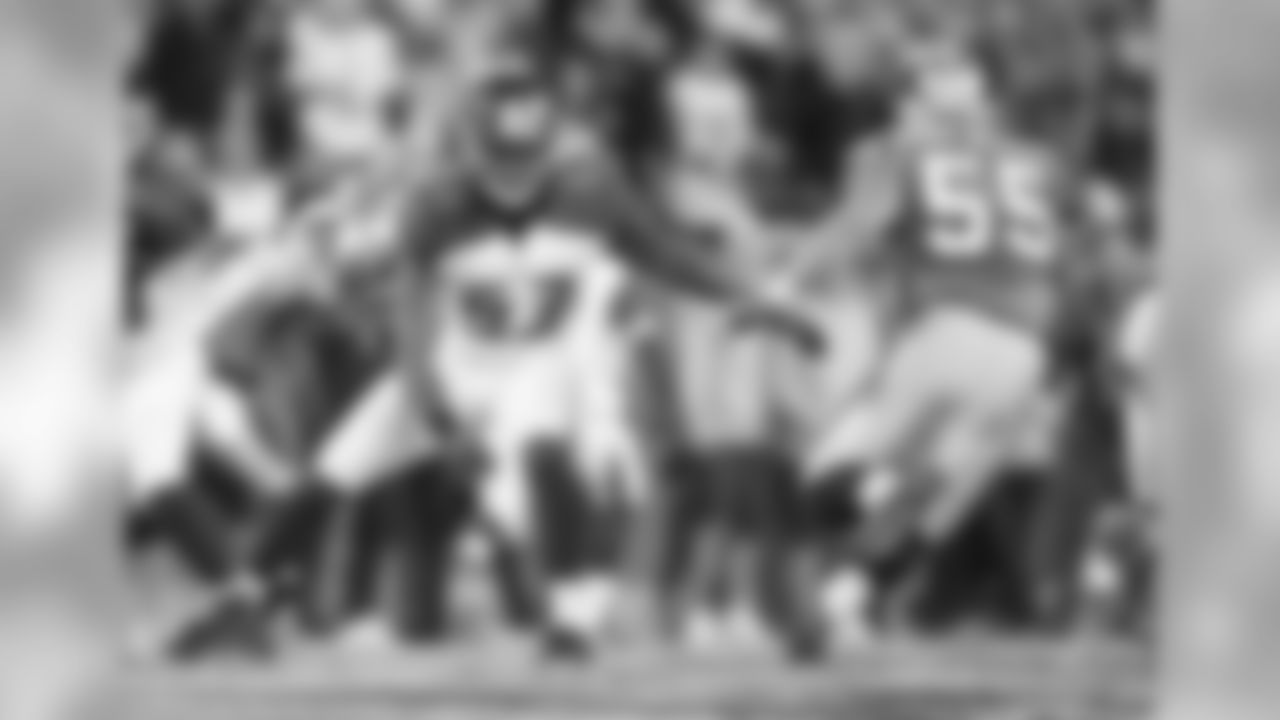
53 LB Adarius Glanton
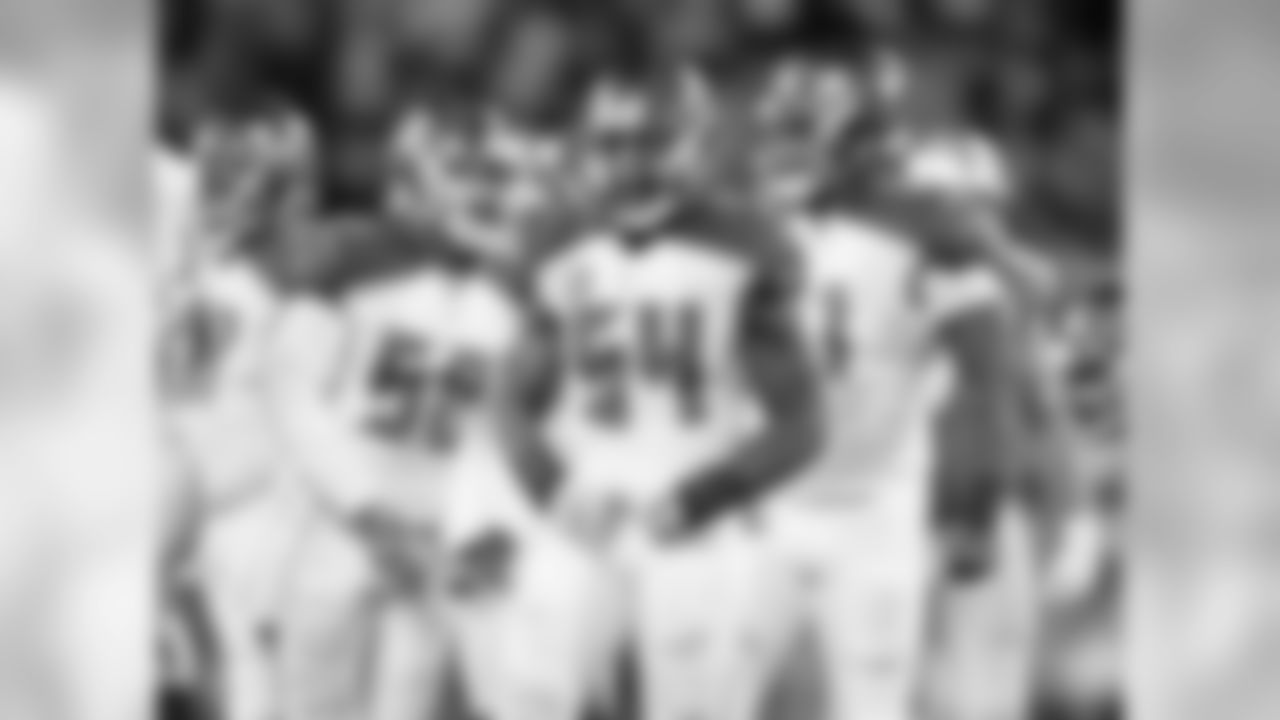
54 LB Lavonte David
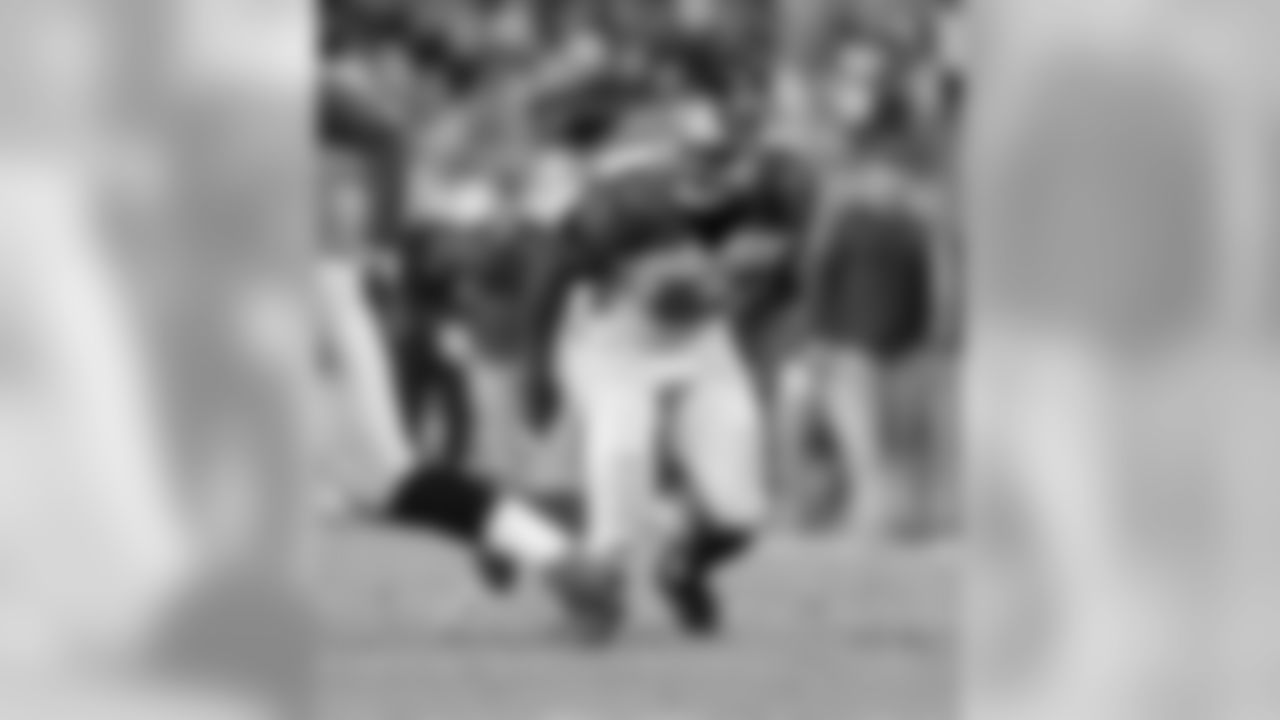
57 DE Noah Spence

58 LB Kwon Alexander

59 LB Devante Bond
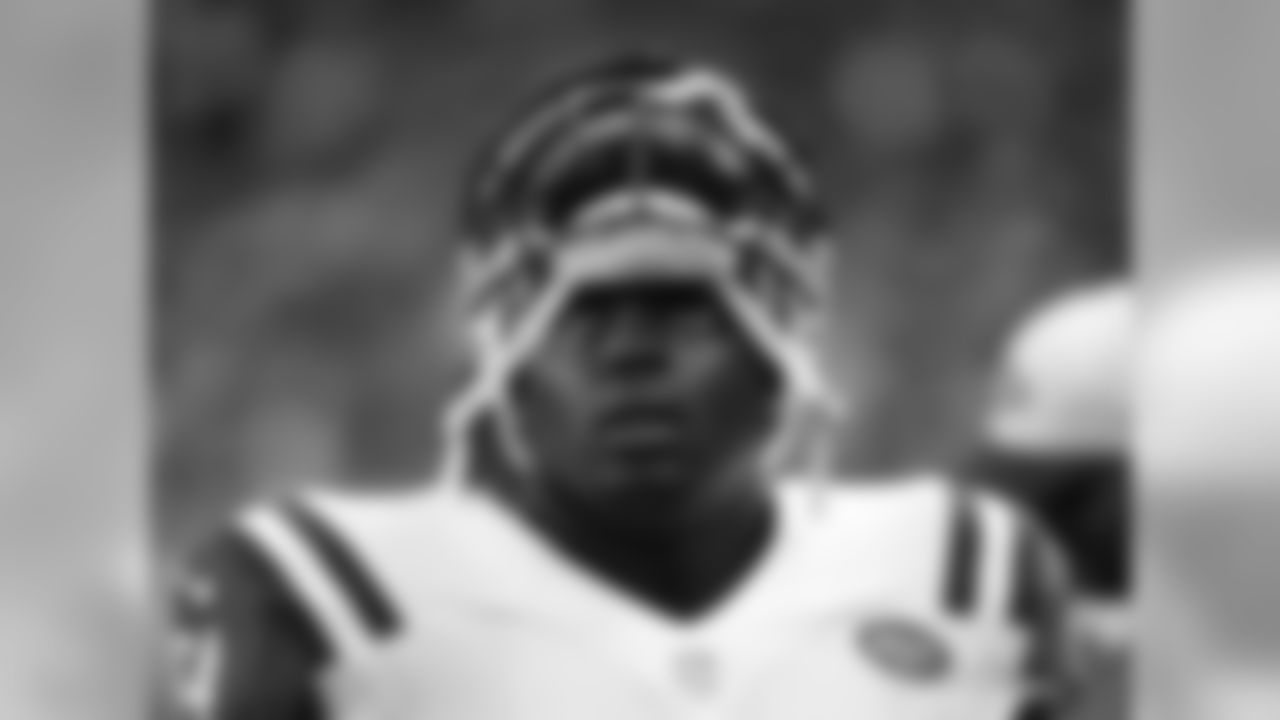
60 G Jarvis Harrison
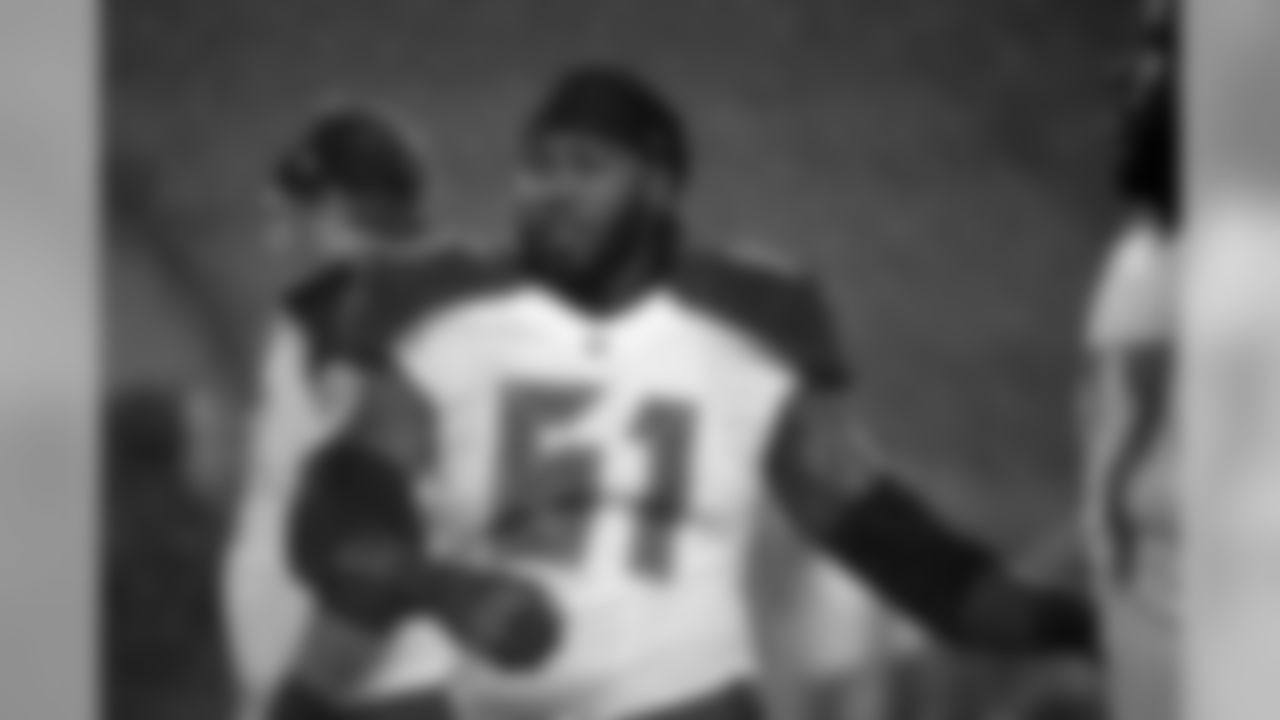
61 C Josh Allen
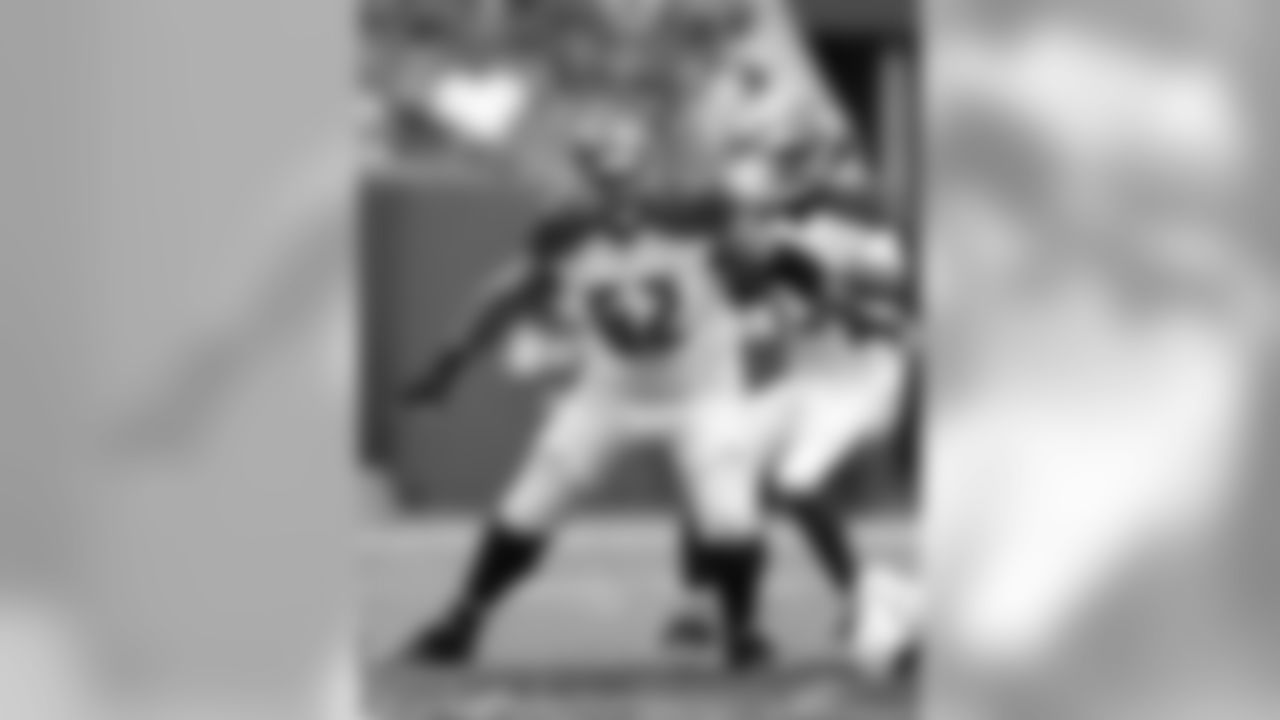
62 C Evan Smith
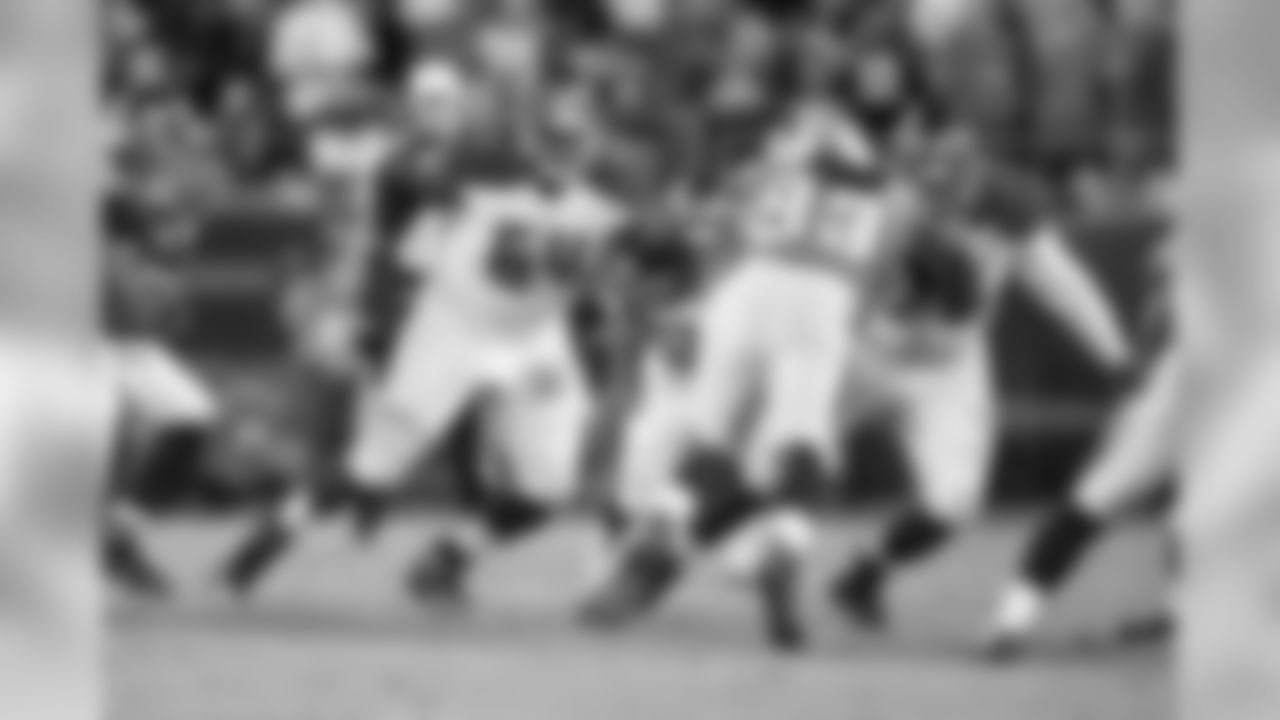
64 OT Kevin Pamphile

65 LS Garrison Sanborn

66 OT Leonard Wester
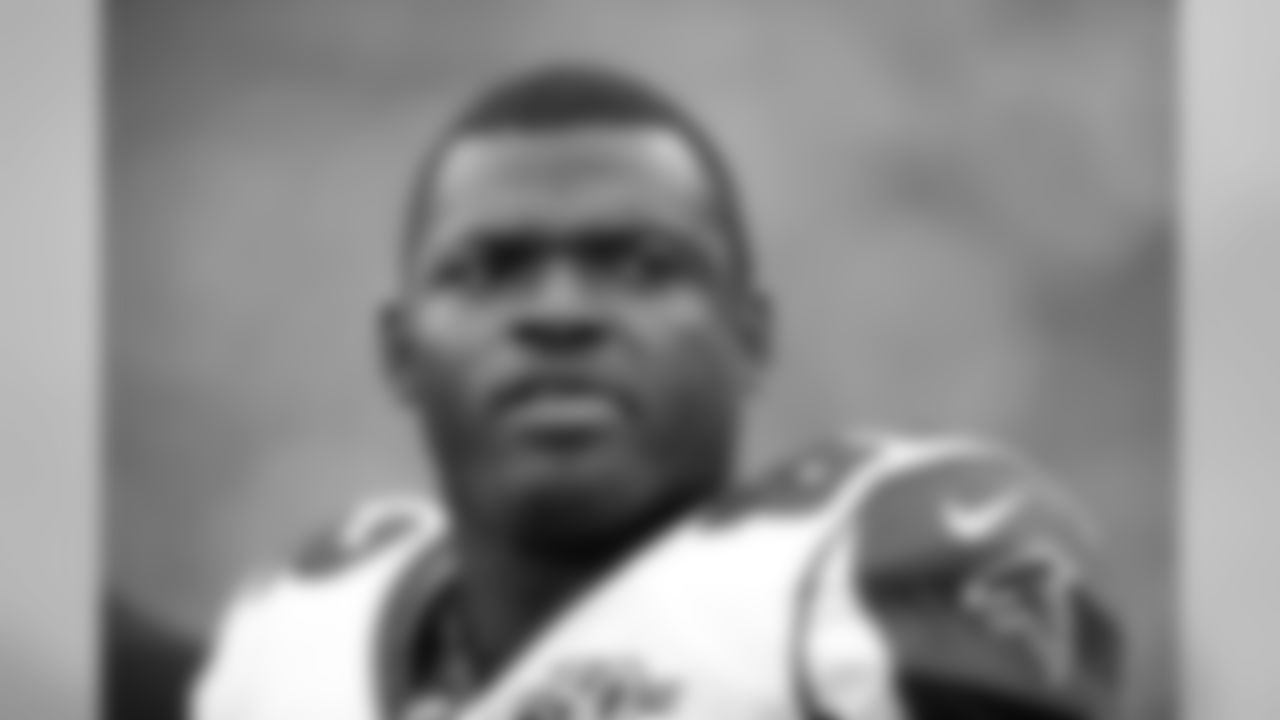
67 C James Stone

68 C Joe Hawley
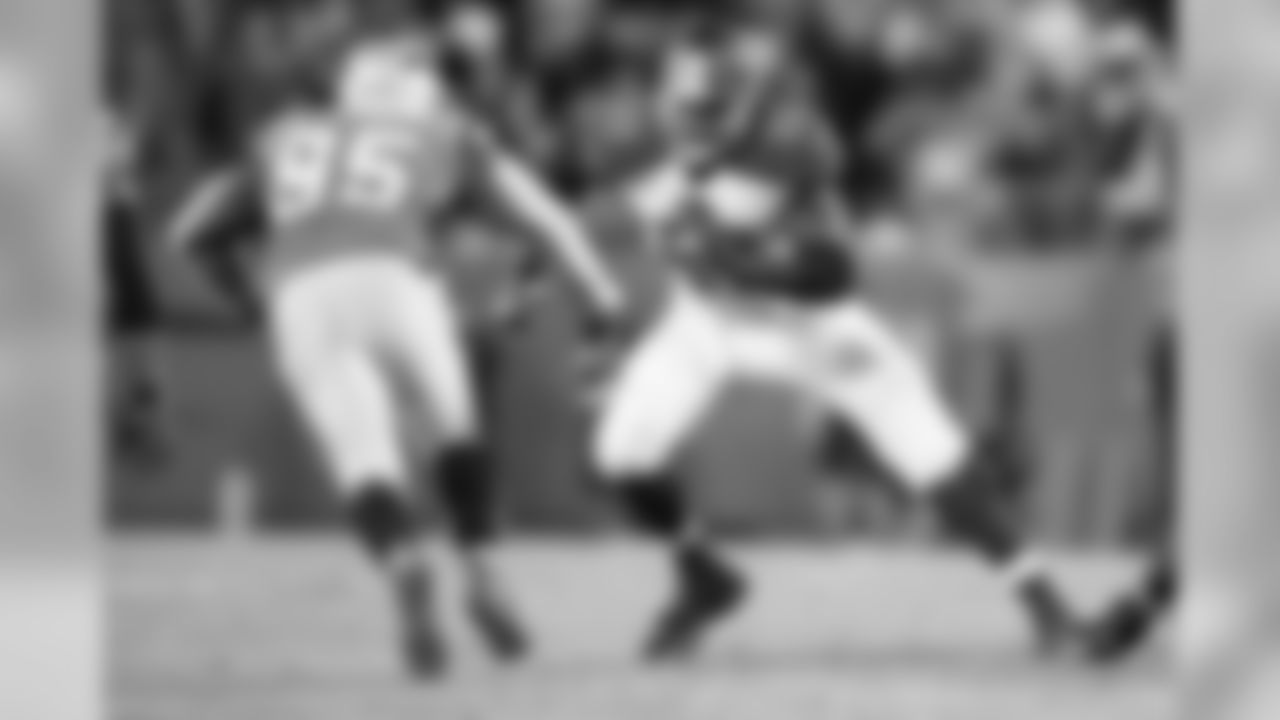
69 OT Demar Dotson

70 OL Michael Liedtke
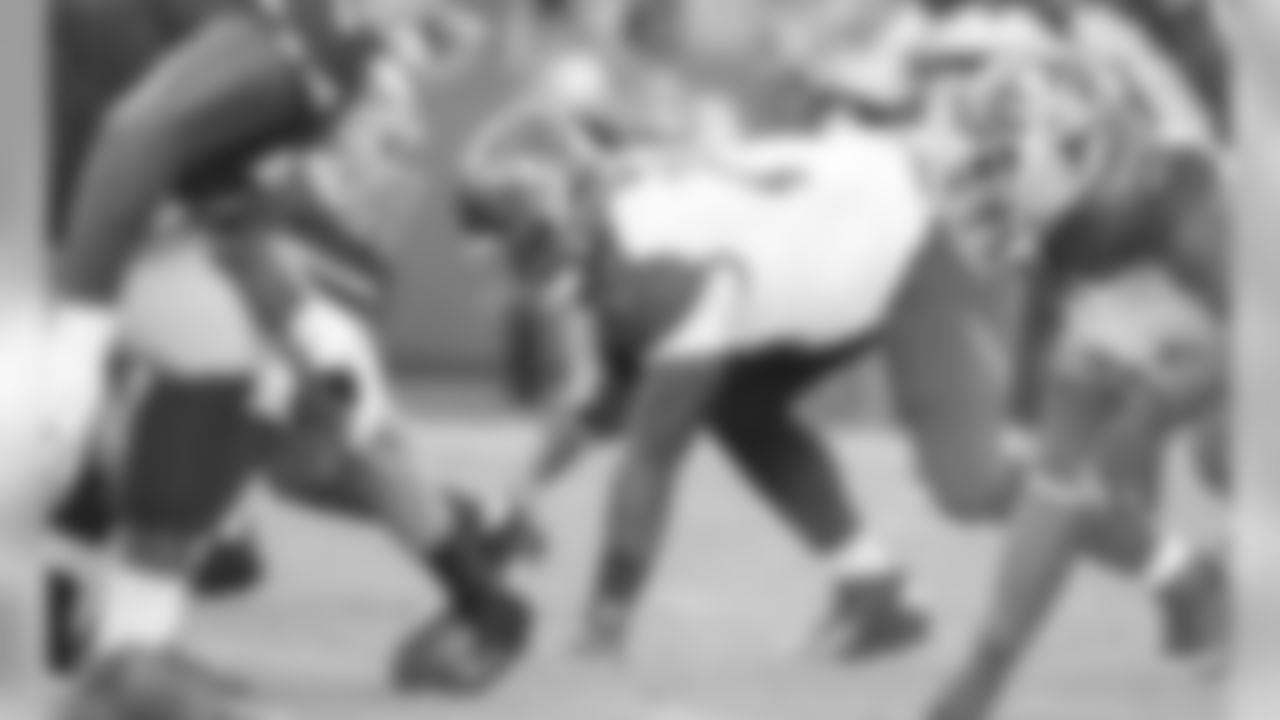
71 DE Channing Ward

72 C Ben Gottschalk

73 G J.R. Sweezy
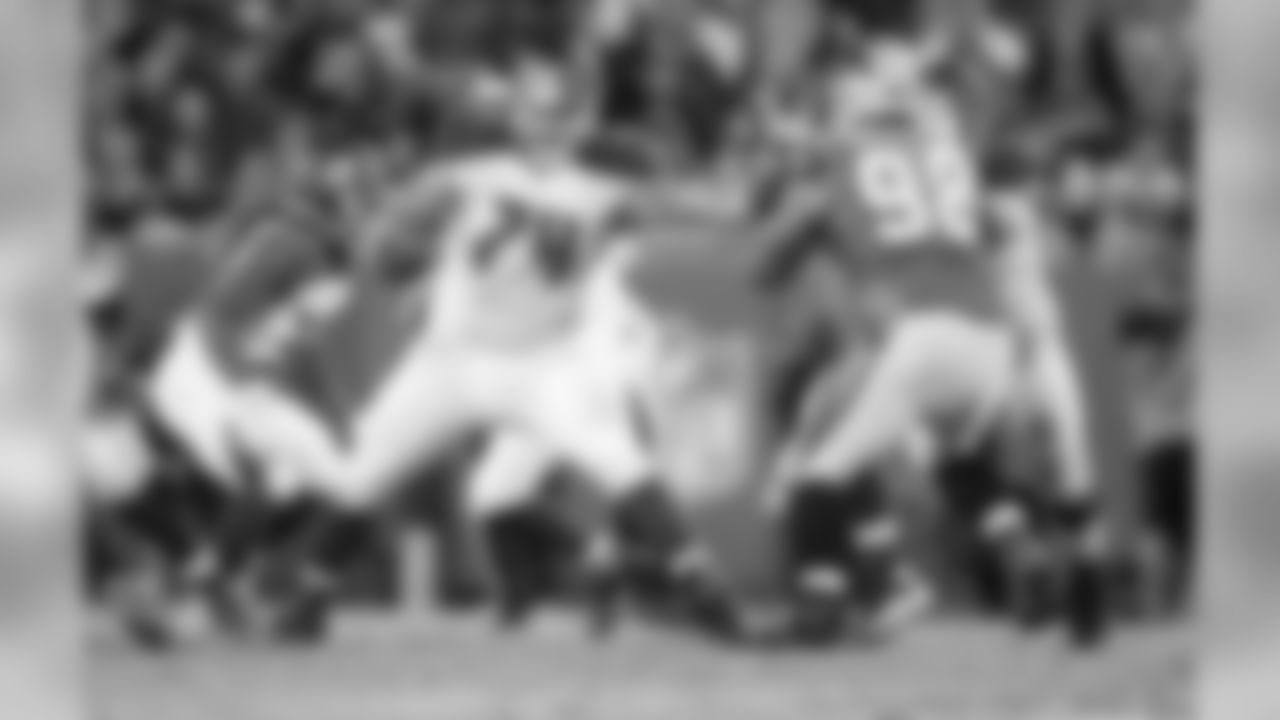
74 G Ali Marpet
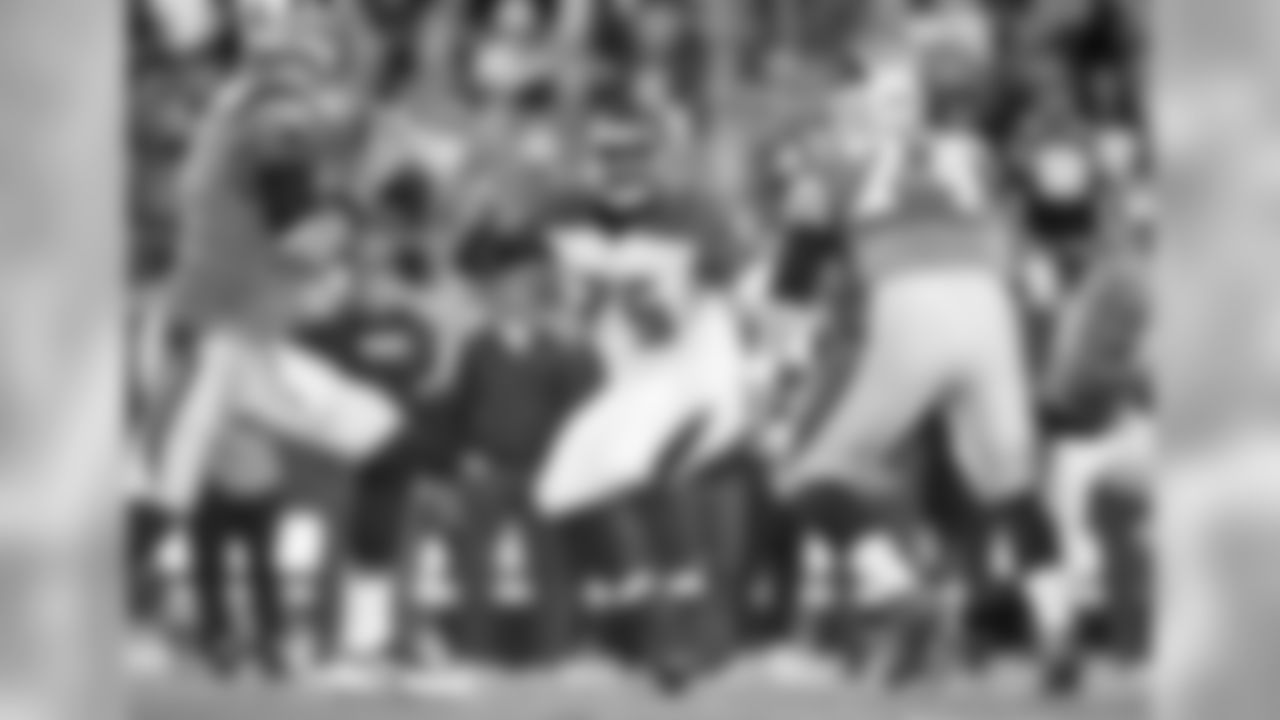
75 DT DaVonte Lambert
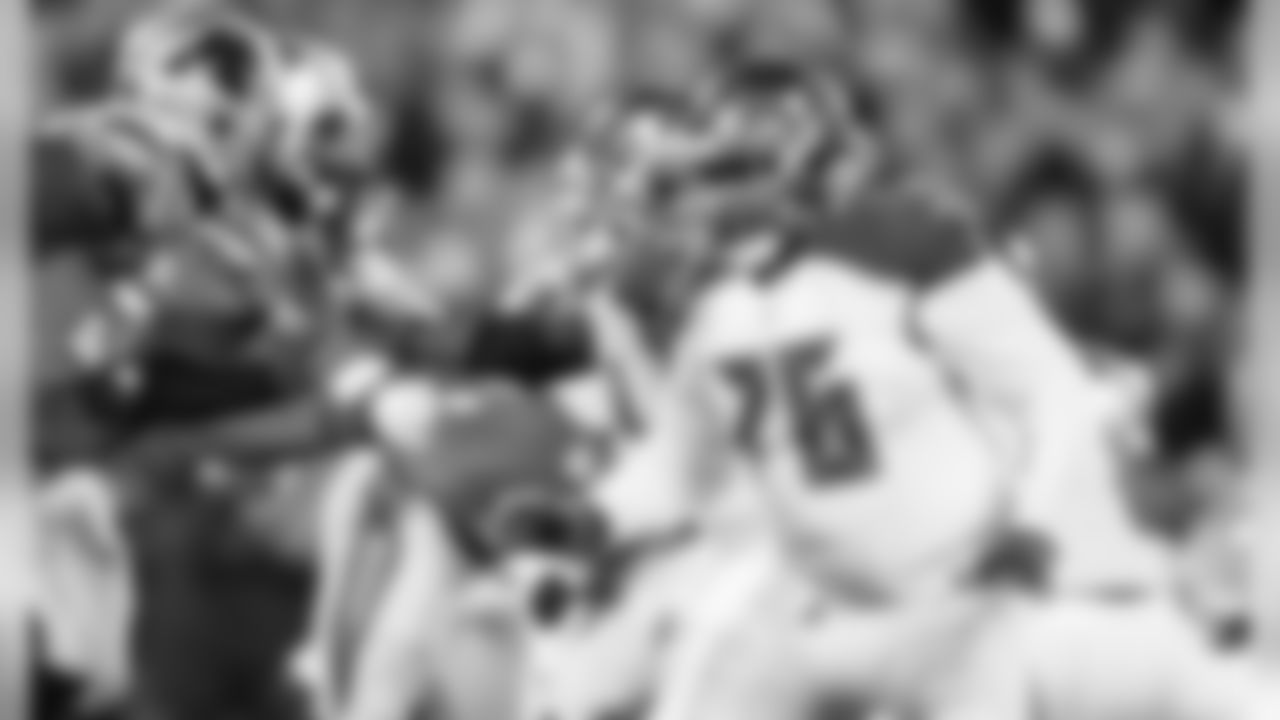
76 OT Donovan Smith

77 OL Caleb Benenoch

81 TE Tevin Westbrook
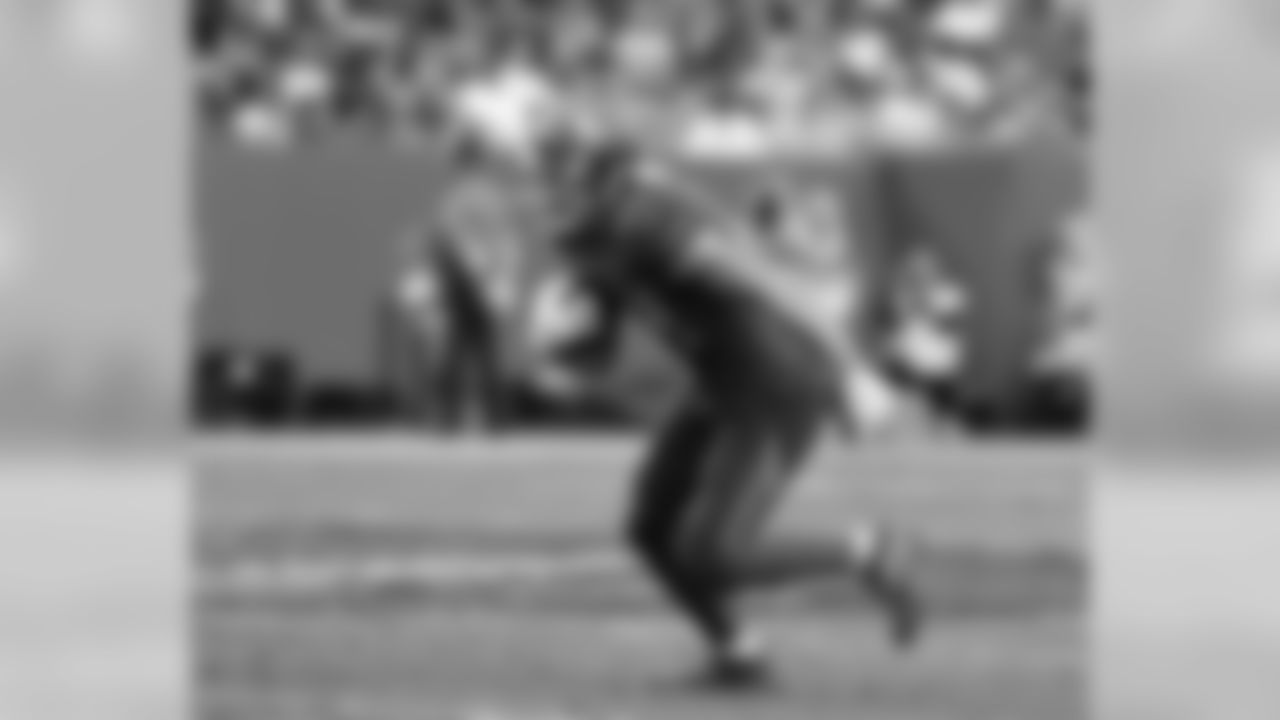
84 TE Cameron Brate
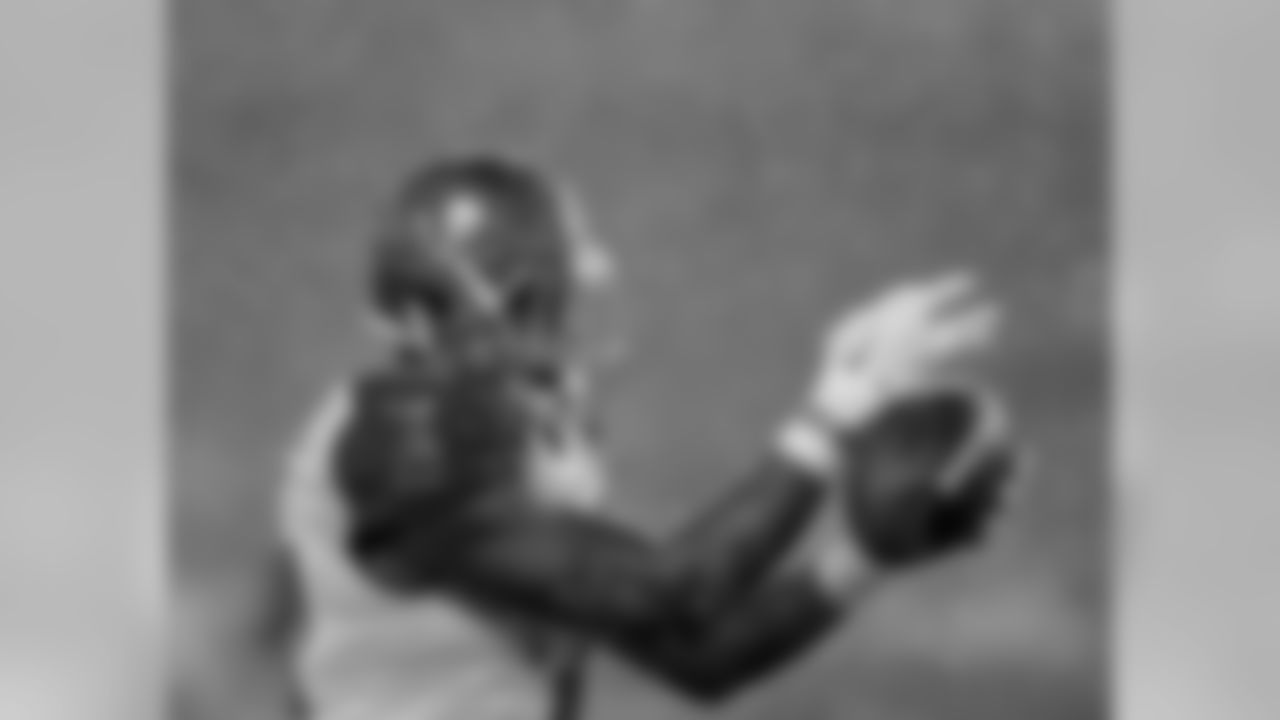
86 TE Kivon Cartwright

87 WR Derel Walker
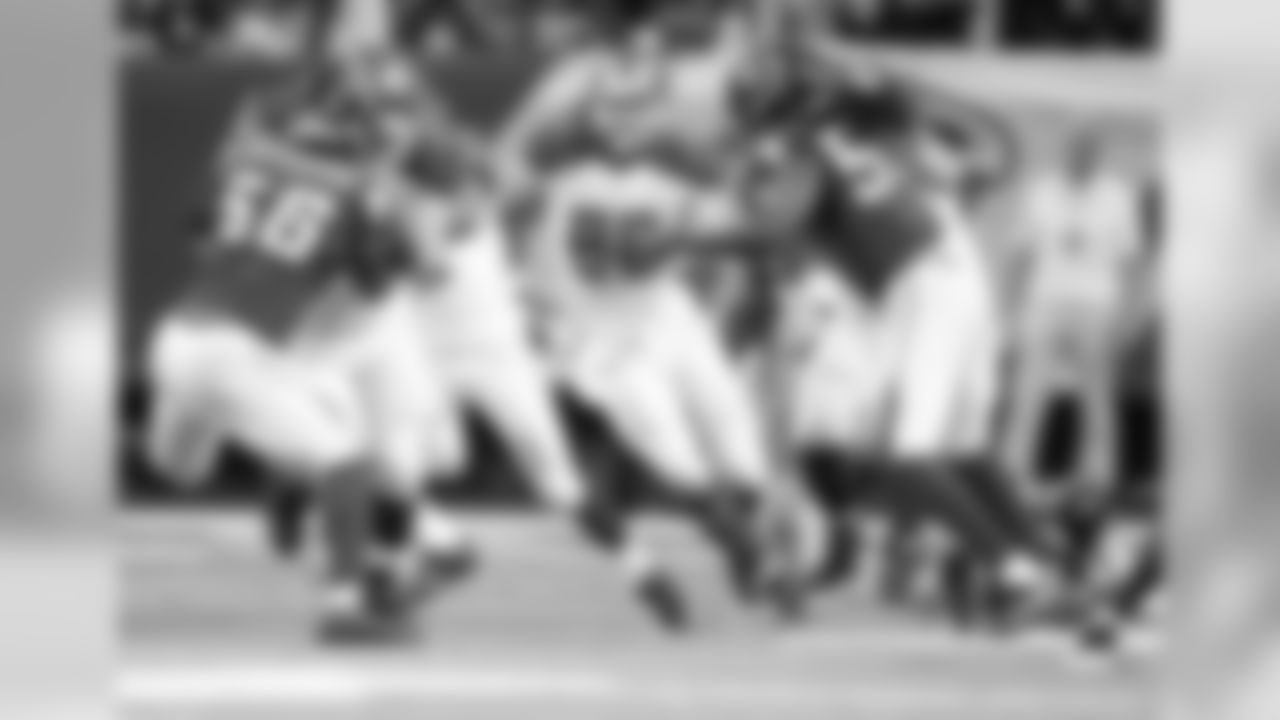
88 TE Luke Stocker
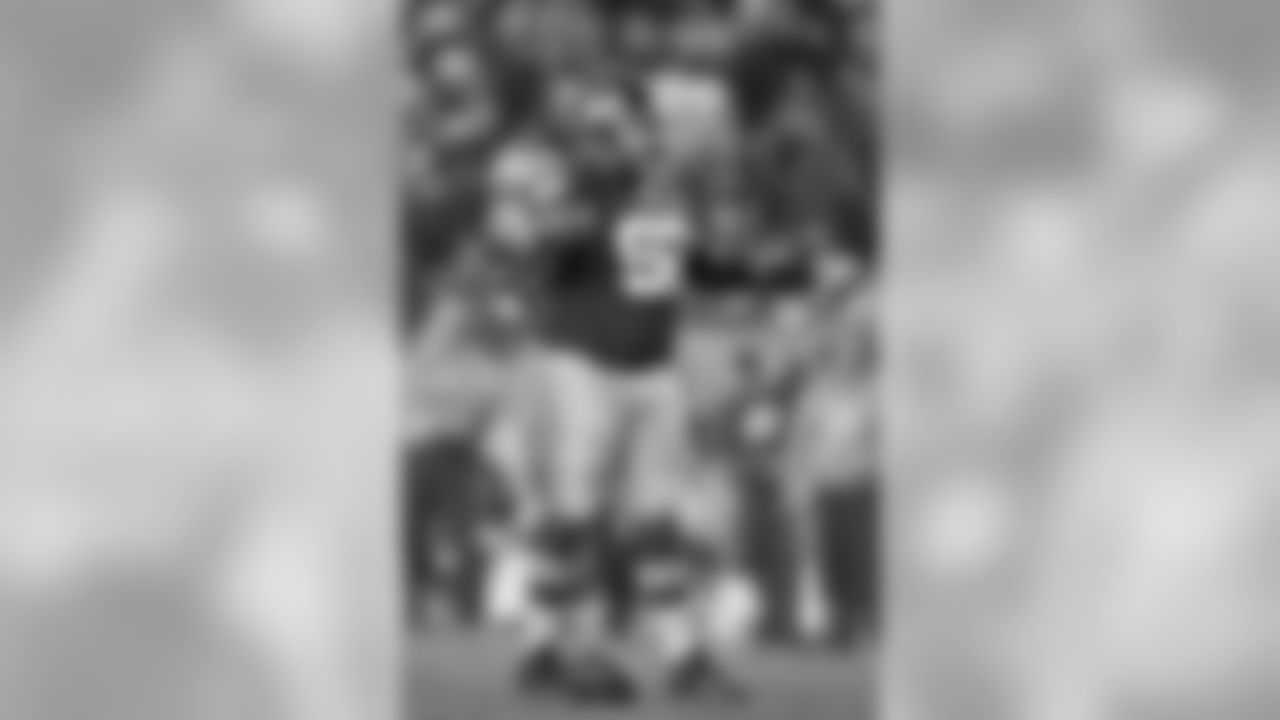
90 DE Chris Baker
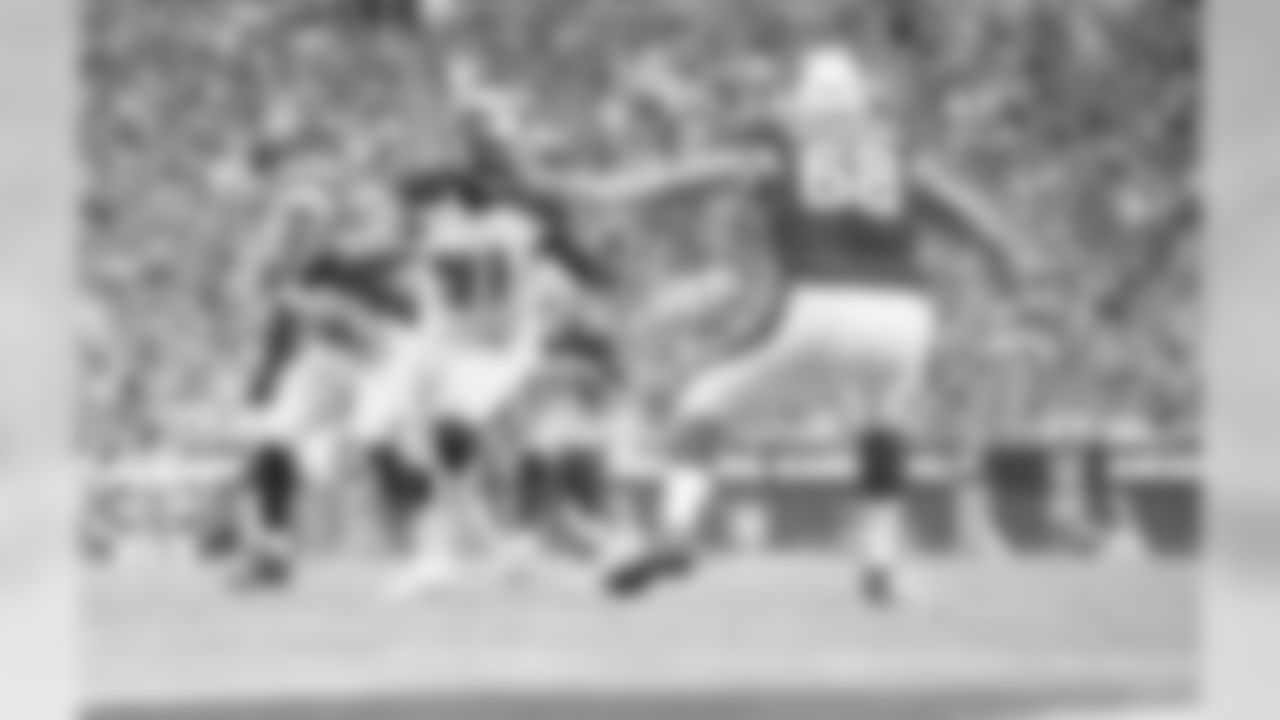
91 DE Robert Ayers
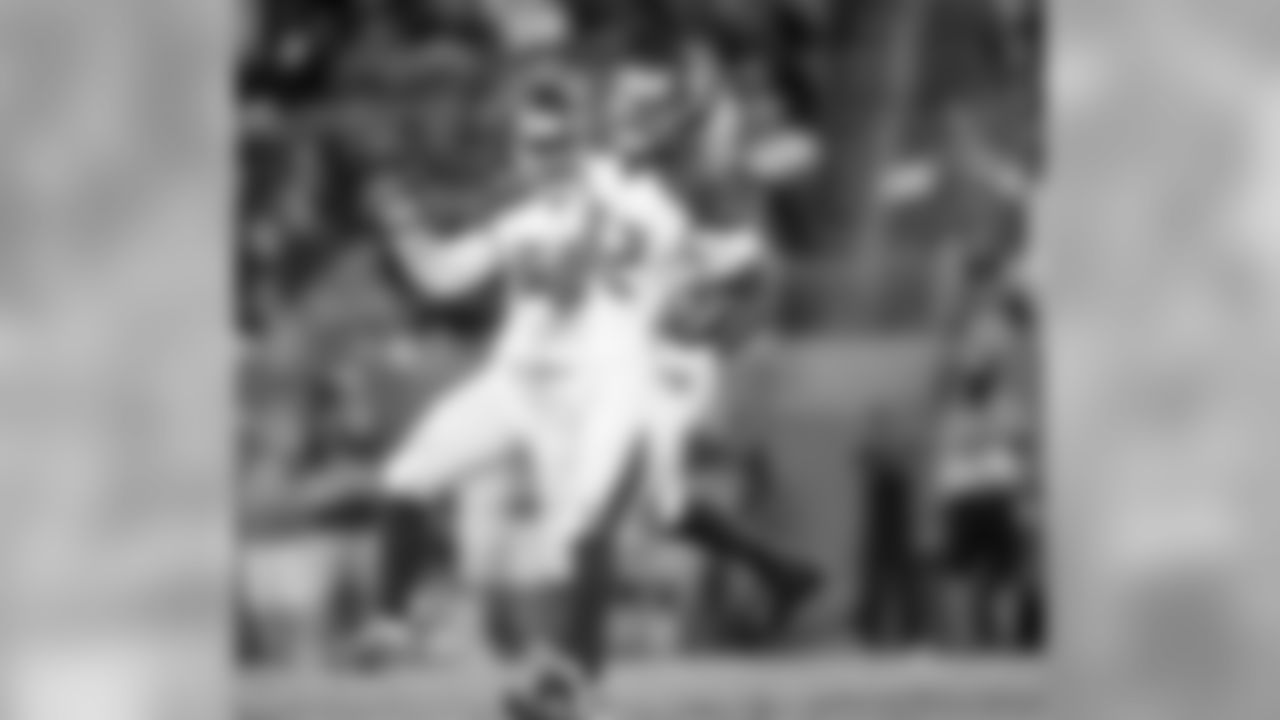
92 DE William Gholston
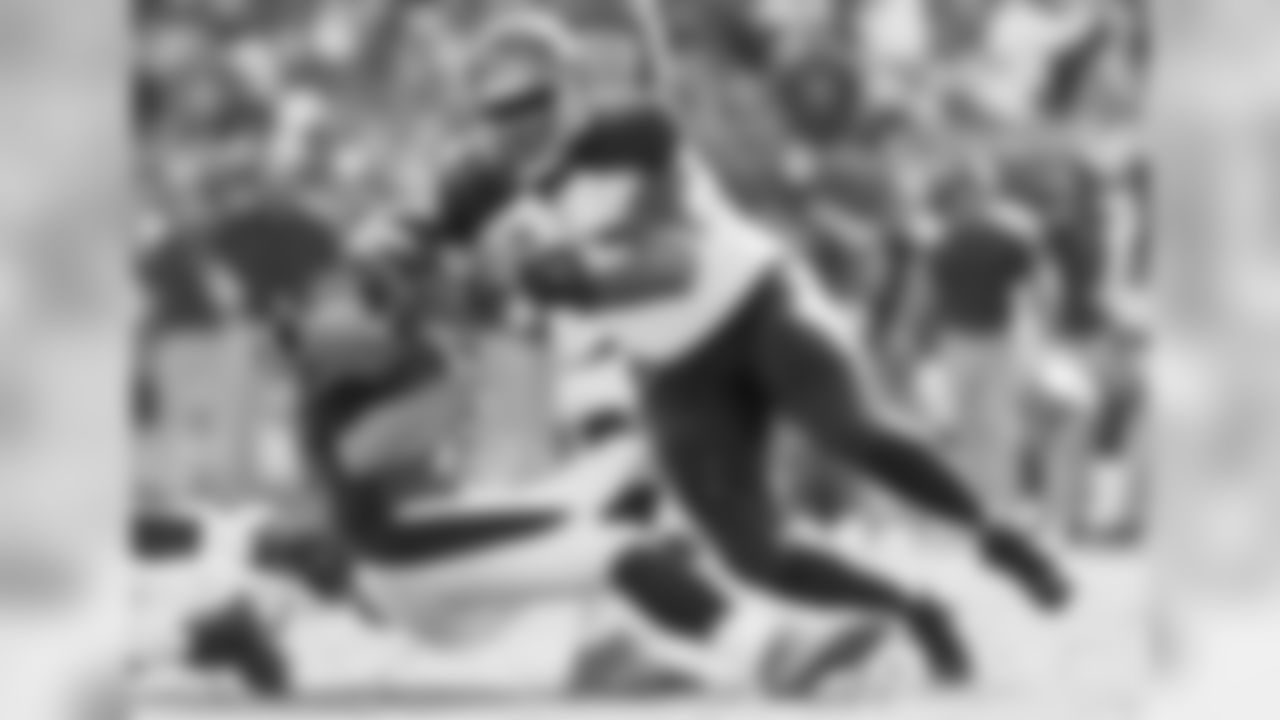
93 DT Gerald McCoy
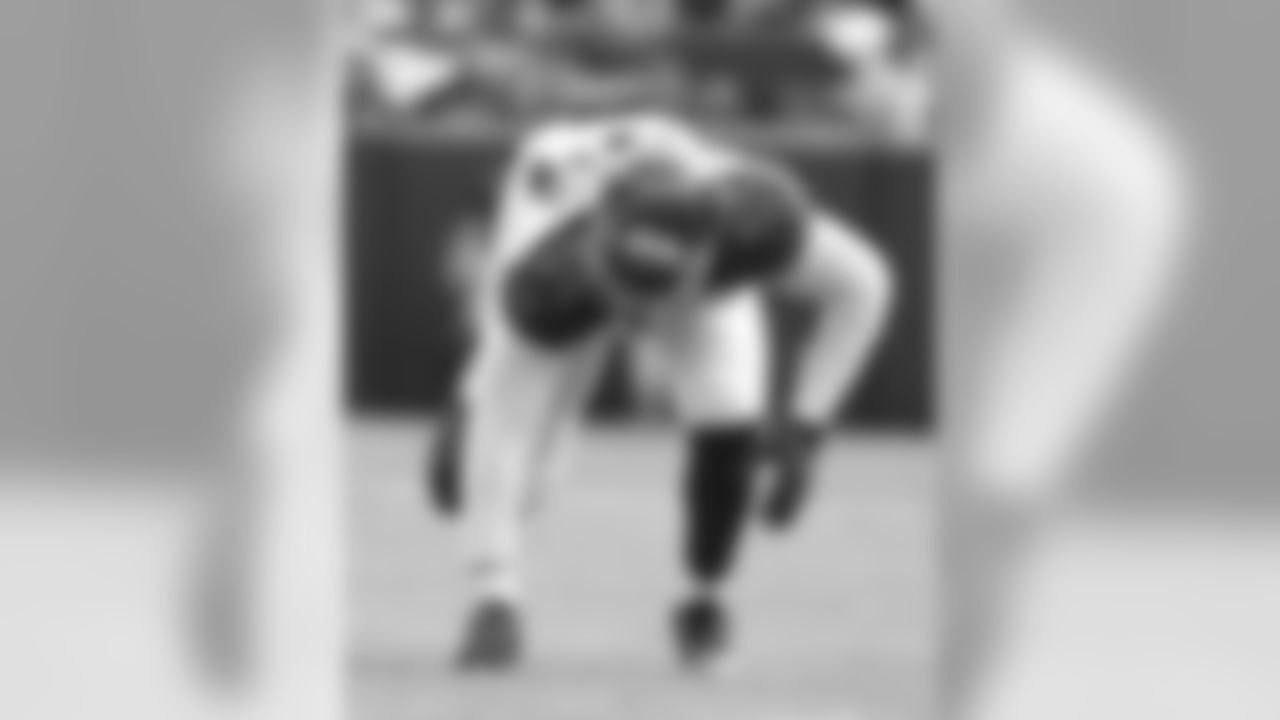
94 DE George Johnson
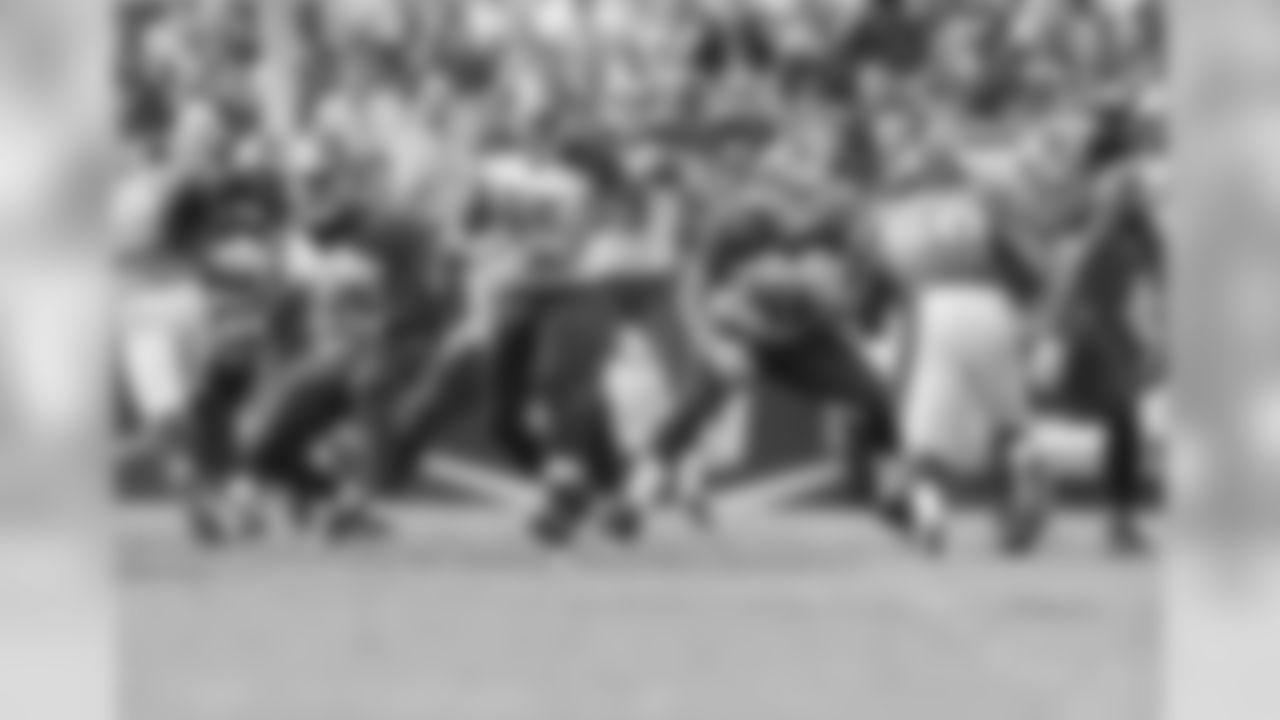
96 DE Ryan Russell
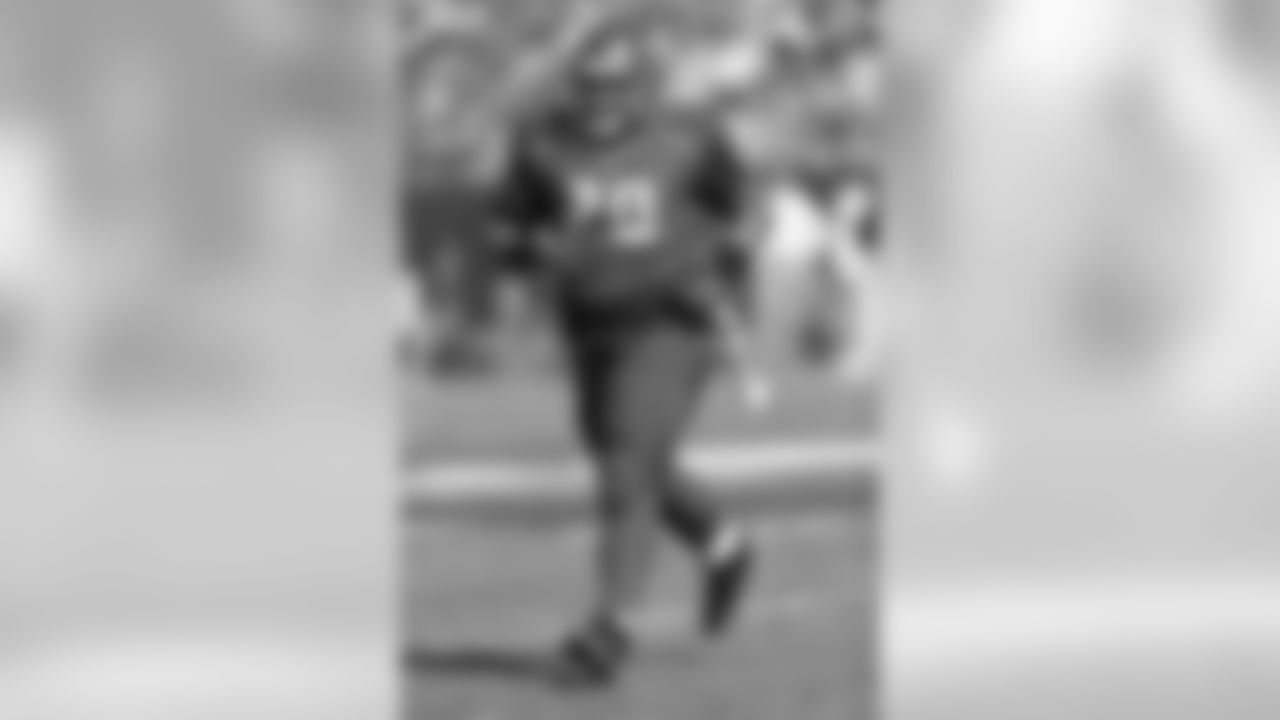
96 DE Sealver Siliga

98 DT Clinton McDonald
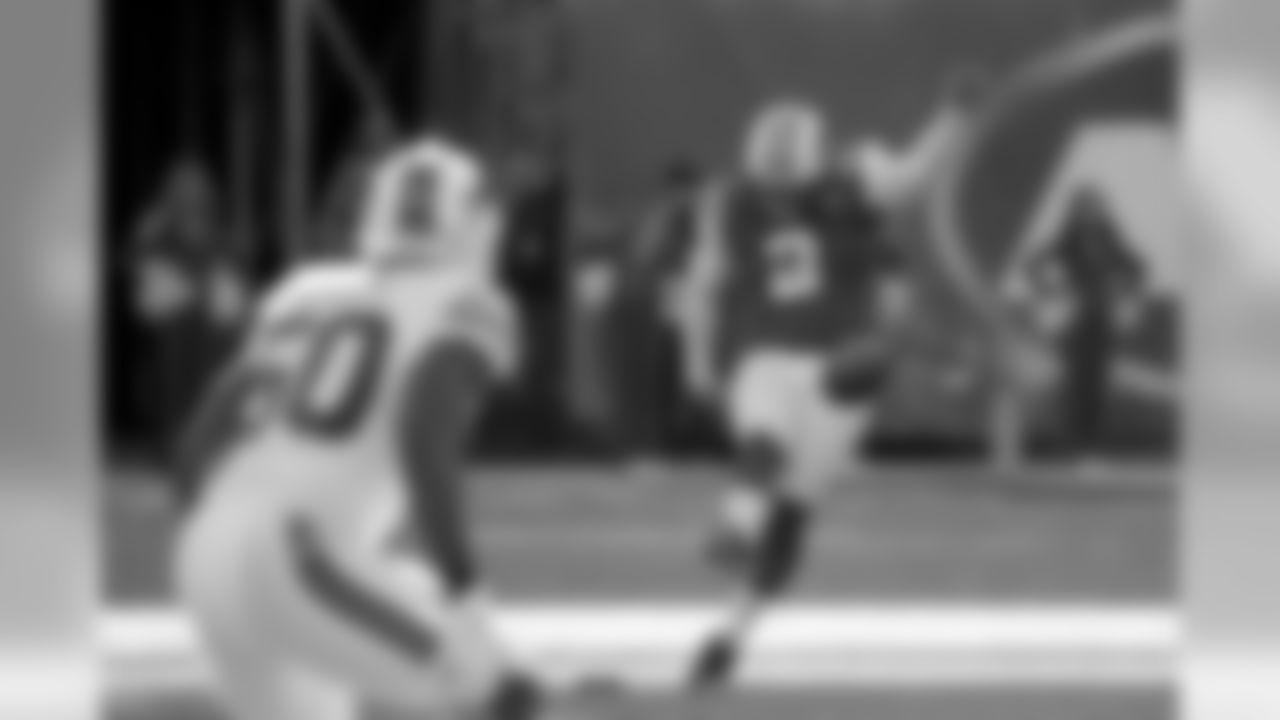
K Nick Folk
For most NFL teams, in most in-season weeks, Tuesday is the player's day off. It's a chance to rest, regroup and – win or lose the previous weekend – turn the page to the next opponent.
It's also a perfect time for us to discuss the hottest topics surrounding the Tampa Bay Buccaneers. And for that reason, the One Buc Mailbag is back! Every Tuesday, I'll be fielding a handful of questions from the fans, but you can send them in all throughout the week. The easiest way is to hit me up on Twitter (@ScottSBucs, using #BucsMailbag), but if 140 characters aren't quite enough to get your point across, you can also send an email to tbbsocial@buccaneers.nfl.com.
This week, we start off with a discussion about patience with high draft picks who have not performed. We also touch on the game availability of recently-signed WR Josh Huff and break down the fortunes of teams in weeks after a Thursday night game. Let's get to it.
1. Preaching Patience? Scott, Fans are quick to say cut a player, or bench a player for non-performance in our eyes. How much does that affect a team, and set them back for years when that happens. For example cutting ASJ equals a lost 2nd round pick that is gone, luckily we had Brate on the roster. However, if he wasn't there another player would have to replace him and learn the system. - Rodney Smith (via email to**tbbsocial@buccaneers.nfl.com**)
Well, Rodney, as to your first sentence, of course we do that as fans. I try (!) to discuss these things dispassionately when it comes to the Buccaneers, but the fan experience is all about passion and visceral reactions. As an example, in baseball I root for the St. Louis Cardinals and I'm pretty sure I remember yelling that a player should be immediately sent back to Triple-A because he failed to deliver one time in a key situation. I wouldn't say I'm proud of that type of reaction, but it's hard to avoid in the heat of the moment when you feel emotionally invested in a team's success.
The thing is, team executives and coaches can't really afford to react that way when it comes to personnel decisions. So, barring extenuating circumstances, a player isn't going to get benched unless the coaches believe that's what's best for the team, and if the team believes he is a particularly talented player, he's going to get every opportunity to deliver on that talent.
I bring up "extenuating circumstances" because there are occasionally reasons beyond what happens on the field that make a team move on from a player. It's unfortunate, but it happens to every team at some point or another. I think what you're talking about, though, is a pure performance decision, such as the failure of 2008 second-round pick Dexter Jackson, a wide receiver/kick returner out of Appalachian State who was waived after one season and never again played in the NFL.
Here's what I'm getting at: It's not the decision to bench or cut a player that can set a franchise back, it's the original decision to invest a resource in that player. Using Jackson as an example, he struggled as a return man as a rookie and failed to show he had any future as an NFL receiver. I'm sure it hurt to cut a second-round pick a year later, but not cutting him would have hurt the team even more. There was no reason to continue devoting a roster spot to a player the team knew could not help them.
Yes, of course, making mistakes in the draft – which, by the way, is virtually inevitable over enough time – hurts a team's efforts to build a winner. There's a reason why every general manager says his priority is to build the team through the draft, using free agency as a supplement. It's pretty much accepted NFL wisdom at this point that you have to do it that way to succeed in the long run. Drafted players who succeed in their first four years are invaluable assets because of their relative hit on the salary cap, as opposed to free agent signees. Re-signing those players to a second contract, like the Buccaneers did with Gerald McCoy, gives a franchise continuity and cornerstone players around which to build. And developing a player within your offensive and defensive systems is more likely to provide long-term success than trying to fit a free agent into those systems.
Pictures of the Top 10 Bears in Week 8, according to their Pro Football Focus player grade.
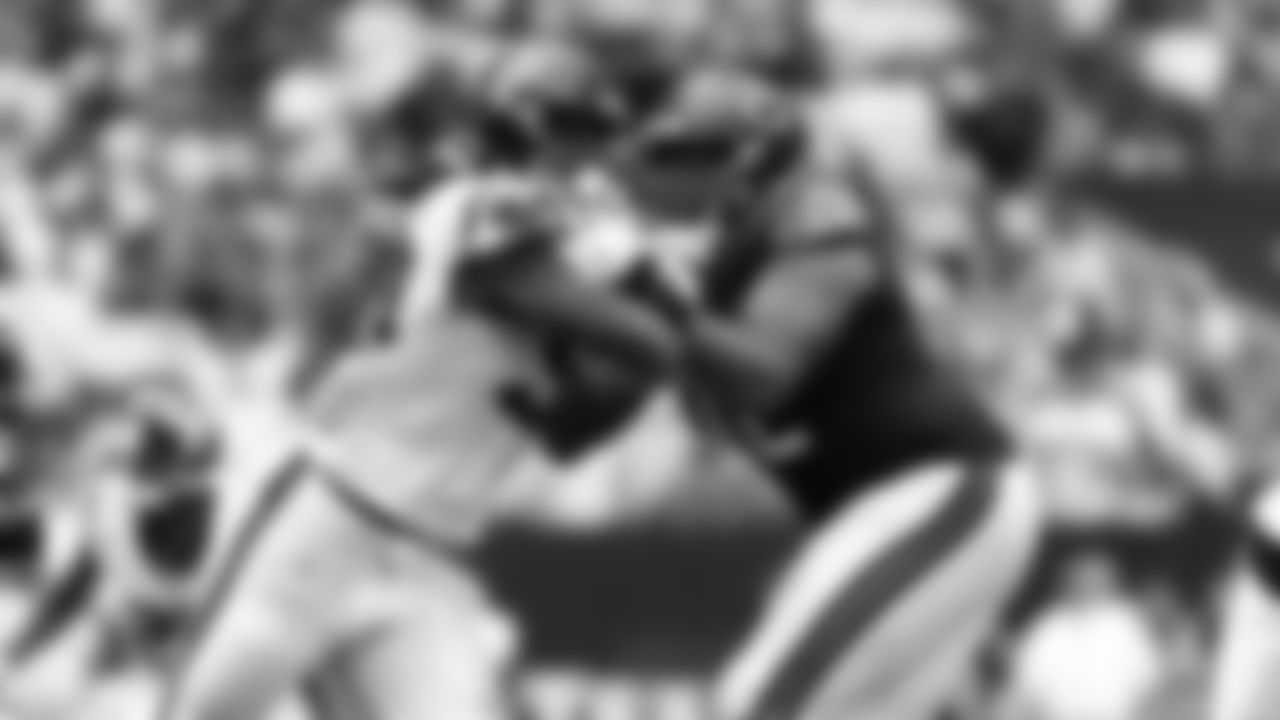
72 LT Charles Leno Jr. (73.0)

24 RB Jordan Howard (73.4)
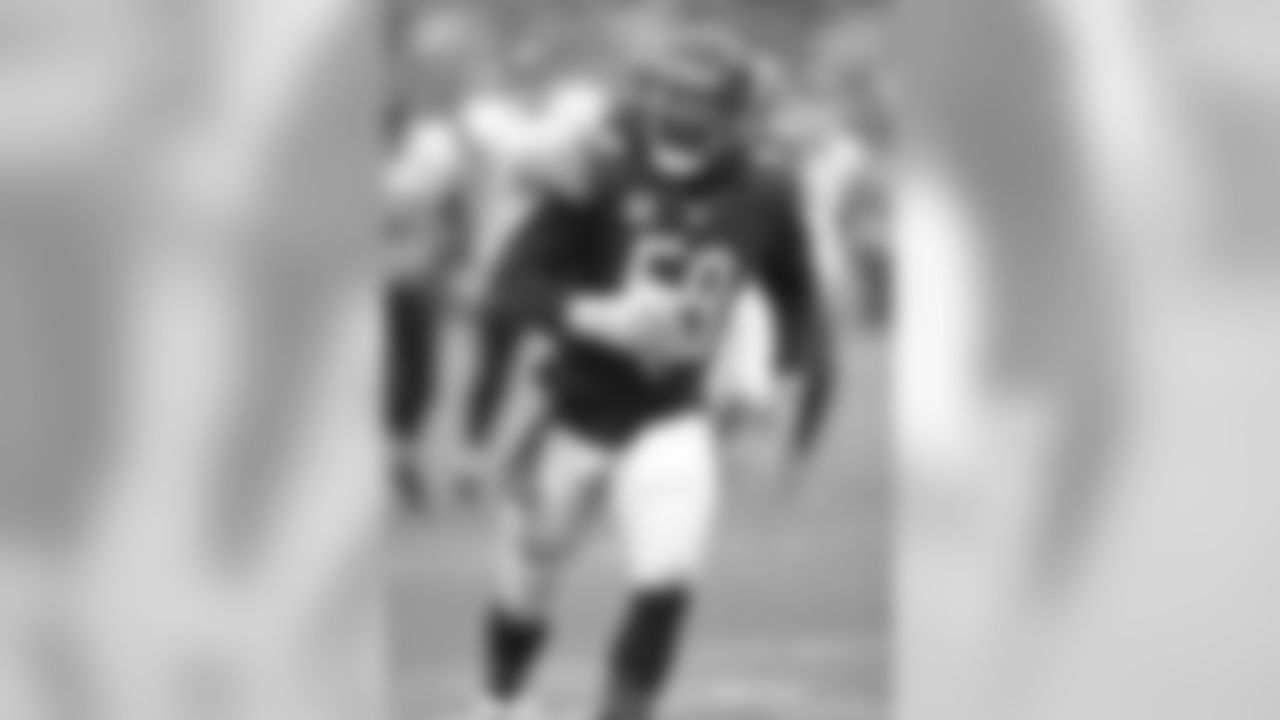
59 ILB Danny Trevathan (75.9)

17 WR Alshon Jeffery (76.8)
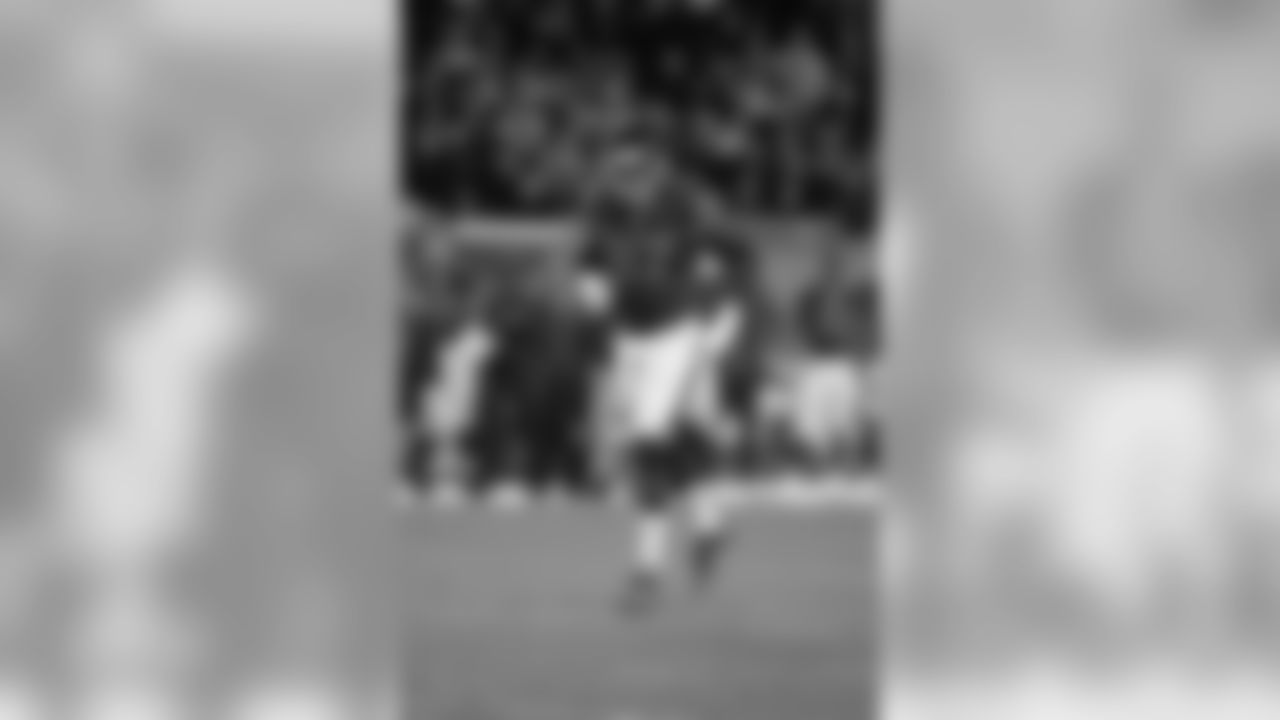
97 OLB Wille Young (78.9)

86 TE Zach Miller (79.2)

65 C Cody Whitehair (80.2)
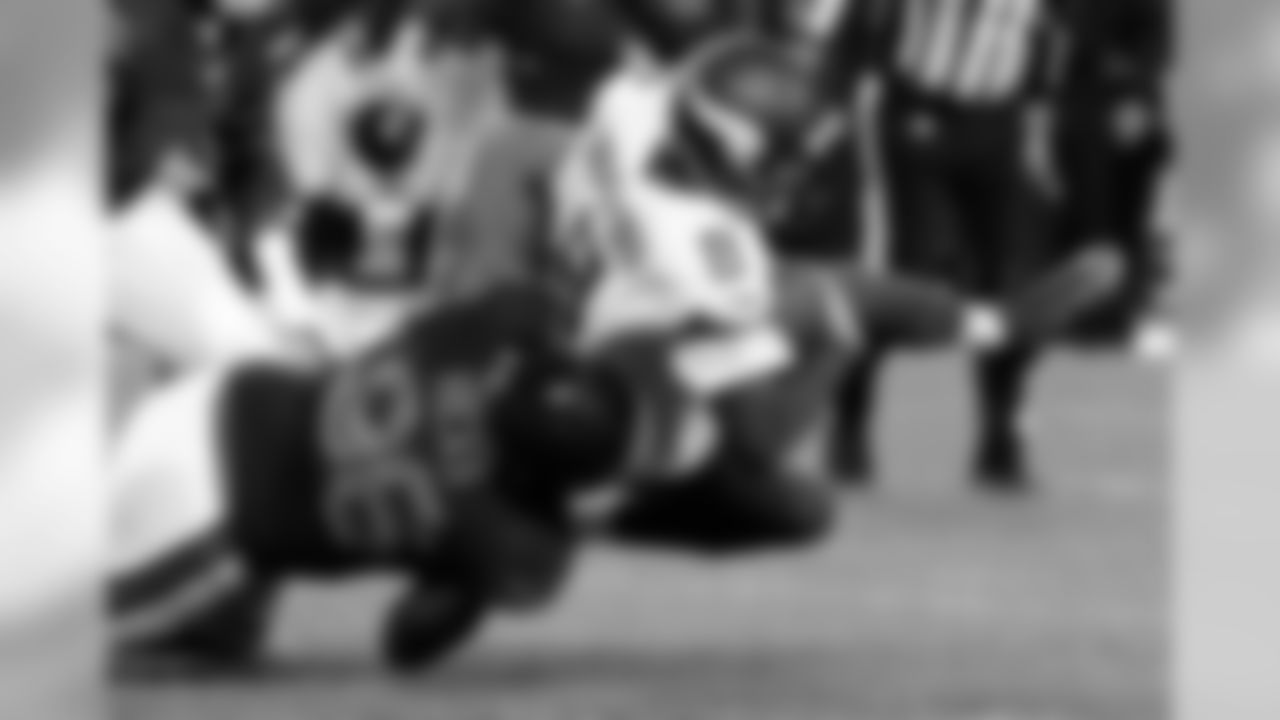
96 LE Akiem Hicks (81.3)

38 FS Adrian Amos (82.4)
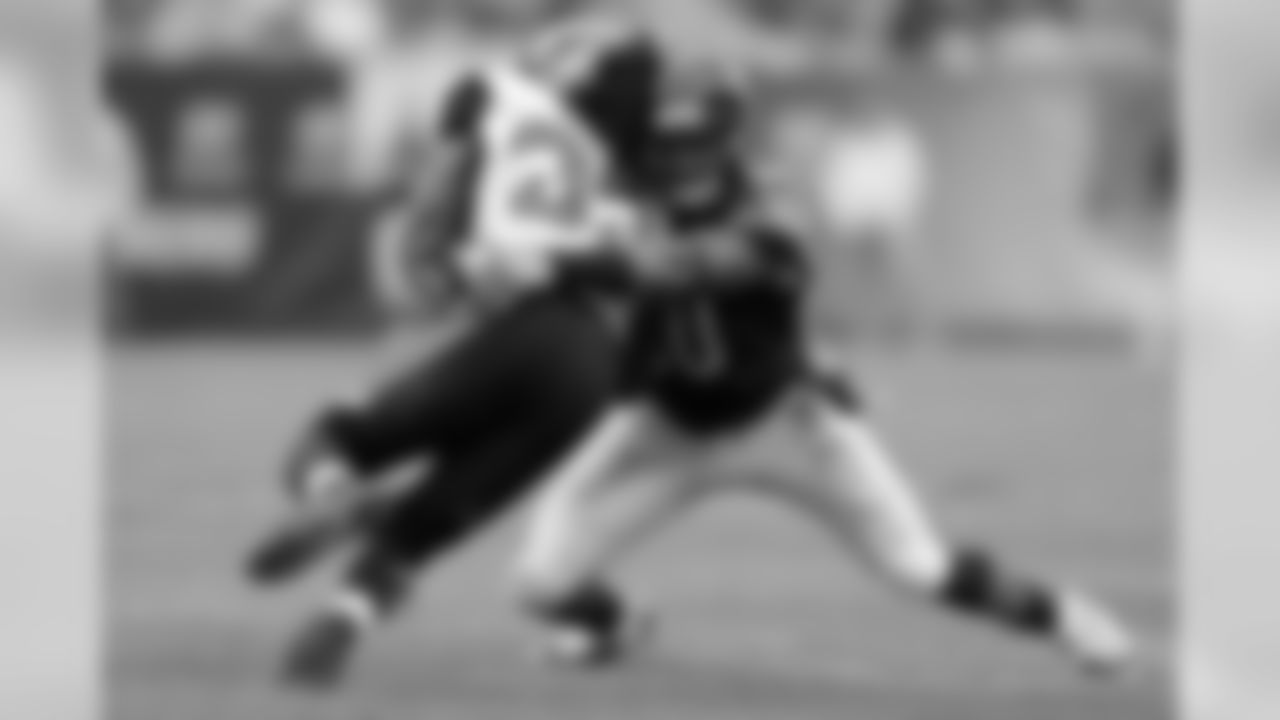
50 ILB Jerrell Freeman (92.1)
I do think the "set them back for years" line you use is a little too strong, unless we're talking about a first-round quarterback. Going back to that Dexter Jackson example, the Buccaneers thought he could be a dynamic return man at the very least. That didn't work out, but before the 2008 season was over the Bucs had a kick returner in the Pro Bowler. That would be Clifton Smith, an undrafted free agent who proved to be a major find.
Obviously, a team won't always be that fortunate. Sometimes you find a player to make up for a failed high draft pick, and sometimes you really don't have an adequate replacement and you have to address the position with more assets in the years to come. That's why all of a team's player personnel decisions through the years, not just the early draft picks, are important. Where would the Dallas Cowboys be this year if they hadn't drafted Dak Prescott in the fourth round? To use an example closer to home, the Bucs signed J.R. Sweezy in free agency this past spring, ostensibly to step right in at left guard for the retired Logan Mankins. A lingering injury has scuttled that plan, but the Buccaneers have found a more-than-adequate Plan B in former fifth-round pick Kevin Pamphile.
Neither of those last two examples are exact fits for your question, Rodney, which was about replacing failed high draft picks (I think). But the underlying concept is the same: As an NFL team executive or coach, you try to amass and develop as much talent as possible at every position to deal with any unexpected needs. A failed high draft pick is an unexpected need – the team obviously expected big things when it invested such an asset in the player – but the solution is the same. I think most teams are patient with their high picks and give them every opportunity to succeed, but if it doesn't work out, it's not the final decision to cut or bench him that must be overcome. It's the original investment.
2. Josh Huff's Availability
Josh Huff could play in a game as soon as this Sunday, but that would require a roster move first.
The Bucs signed the former Eagles receiver to the practice squad on Monday, which means he is eligible to practice with the team (and in fact did so on Monday) but not at the moment to play in a game. If the Buccaneers wanted Huff to play against Chicago on Sunday, they would need to sign him to the 53-man roster. There does happen to be one spot open on that roster as of Tuesday morning, though there's no specific indication it is being saved for Huff. Whether the Buccaneers choose to add a receiver to the active roster – which could also include another current practice squad member, Donteea Dye – could be affected by the status of Russell Shepard. The special teams ace and emerging contributor on offense has already missed one game due to a hip injury suffered against Oakland in Week Eight.
Of course, promotions from the practice squad, as Head Coach Dirk Koetter pointed out on Monday, have not exactly been rare around these parts. Many of those promotions have been injury-related, such as the two received by rookie running back Russell Hansbrough, the second of which was on Monday after running back Antone Smith was placed on injured reserve. Linebacker Cameron Lynch and wide receiver Freddie Martino have also played this season after first appearing on the practice squad. Last year, 11 men played in a regular-season game for the Buccaneers after appearing on the team's practice squad at some point, including three who are now big-time contributors in 2016: cornerback Jude Adjei-Barimah, tight end Cam Brate and wide receiver Adam Humphries.
3. Maximizing the Mini-Bye?
Mr. Smith-
I know teams say that it's hard to get ready for a Thursday game after playing on Sunday, and I'm sure that's true. But you also here coaches talking about getting some advantage on the other side of that game, with a weekend off that is kind of like another little bye week. Is there evidence that this has definitely been an advantage for teams. Have they played better in games after Thursday night games? I hope so, for our Bucs sake.
Thanks – Mike Little (via email to**tbbsocial@buccaneers.nfl.com**)
Well, by "play better" I assume you mean "won more often." I'm not sure I can quantify playing better or worse for all of those post-Thursday teams. Last year, the Buccaneers lost in St. Louis on Thursday night in Week 15, 32-23, then also lost in Week 16 against Chicago, 26-21. I think the Bears game was closer, but neither one was a highlight of the season for Tampa Bay.
So, in terms of wins and losses, that's not hard to quantify. We just need to look at what each Thursday night competitor did the following week. So far, we have eight weeks of evidence and a total of 16 teams to run down and…well, it's not exactly conclusive. The 16 teams that have played on Thursday night and then again the following weekend so far this year have gone 8-8 in those follow-up games. The Bucs and Falcons will be the next two teams to do so, and I guess you can take a little solace in that teams that lost on Thursdays are 5-3 in their follow-up games so far.
I looked up the results from 2015, too, and it's pretty much the same. There were 36 teams in the pool (there are three Thursday games on Thanksgiving but none in Week 17, and there would be no follow-up to Week 17 games anyway). Those 36 teams went 19-17 in their follow-up games to Thursday action. Teams that lost on Thursday night were 9-9.
Pictures of the Bucs Cheerleaders from Week 9 at Raymond James Stadium.





























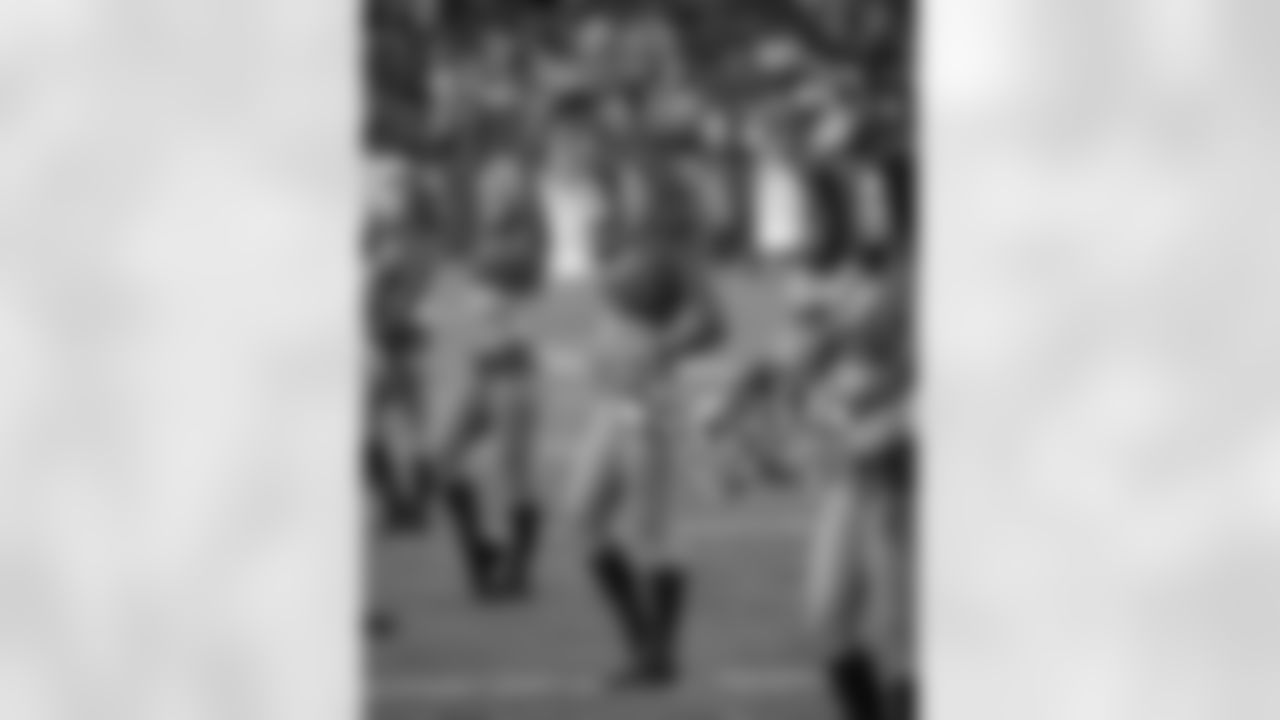







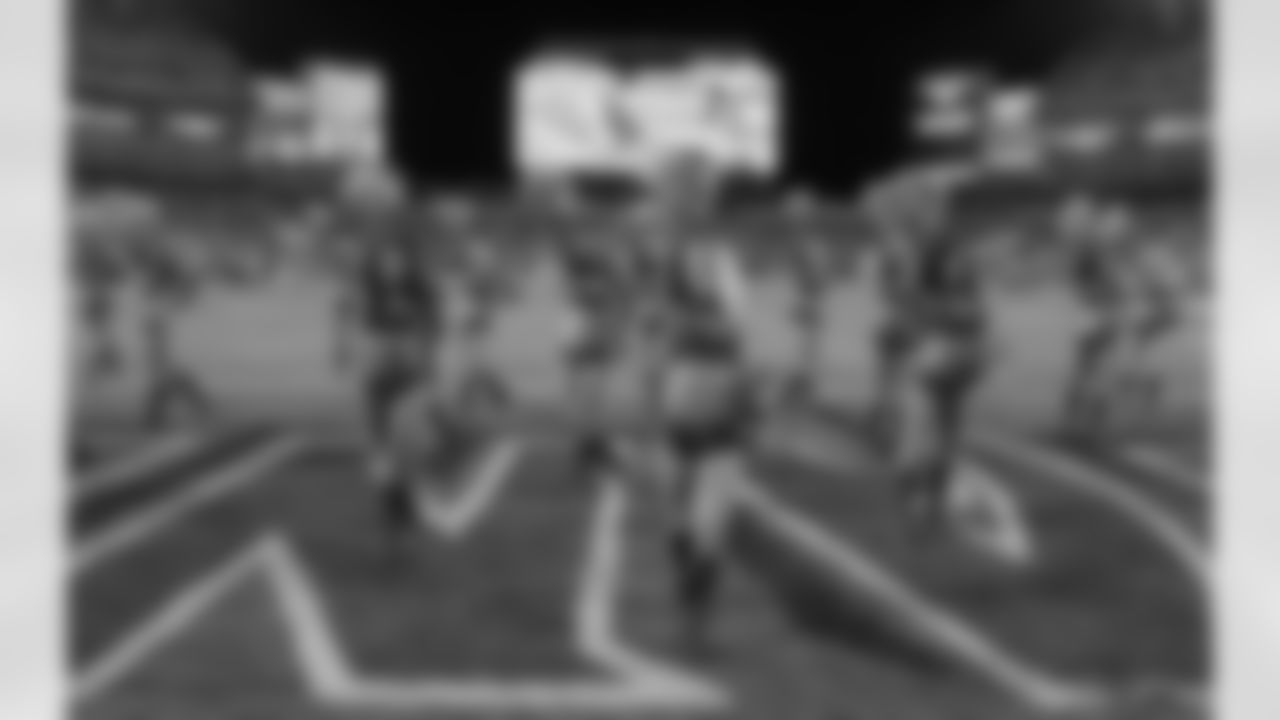




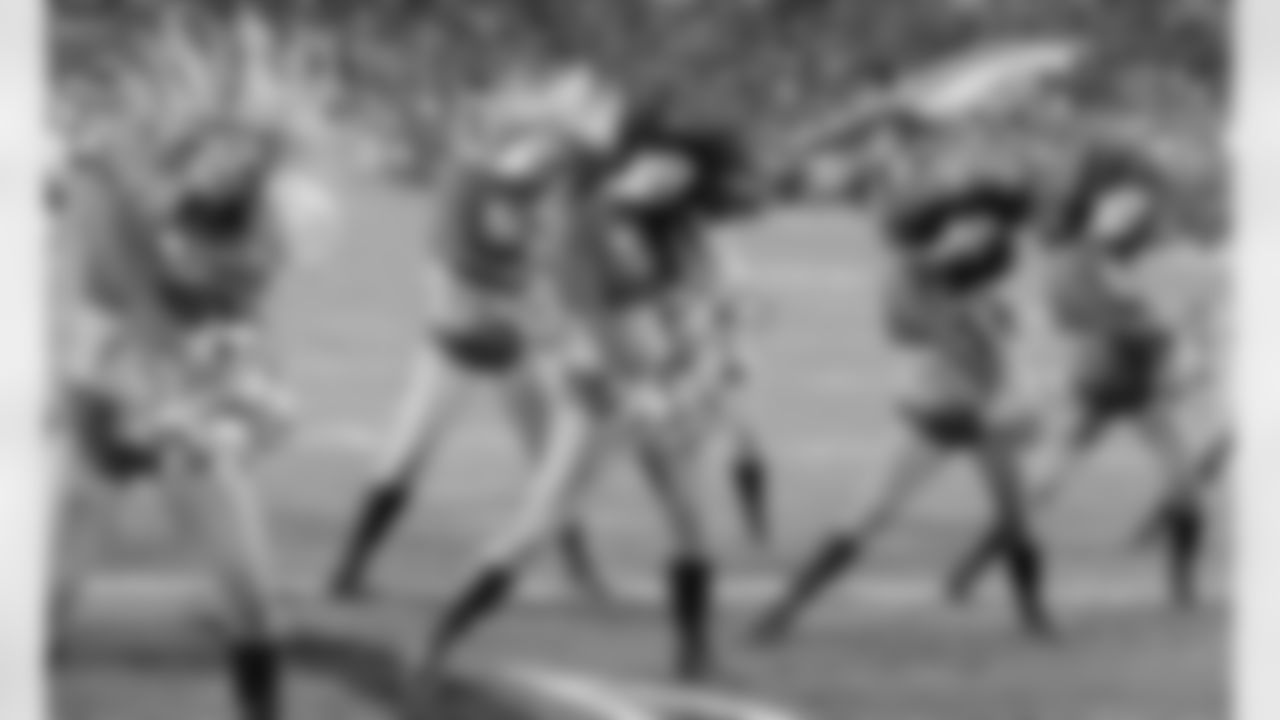




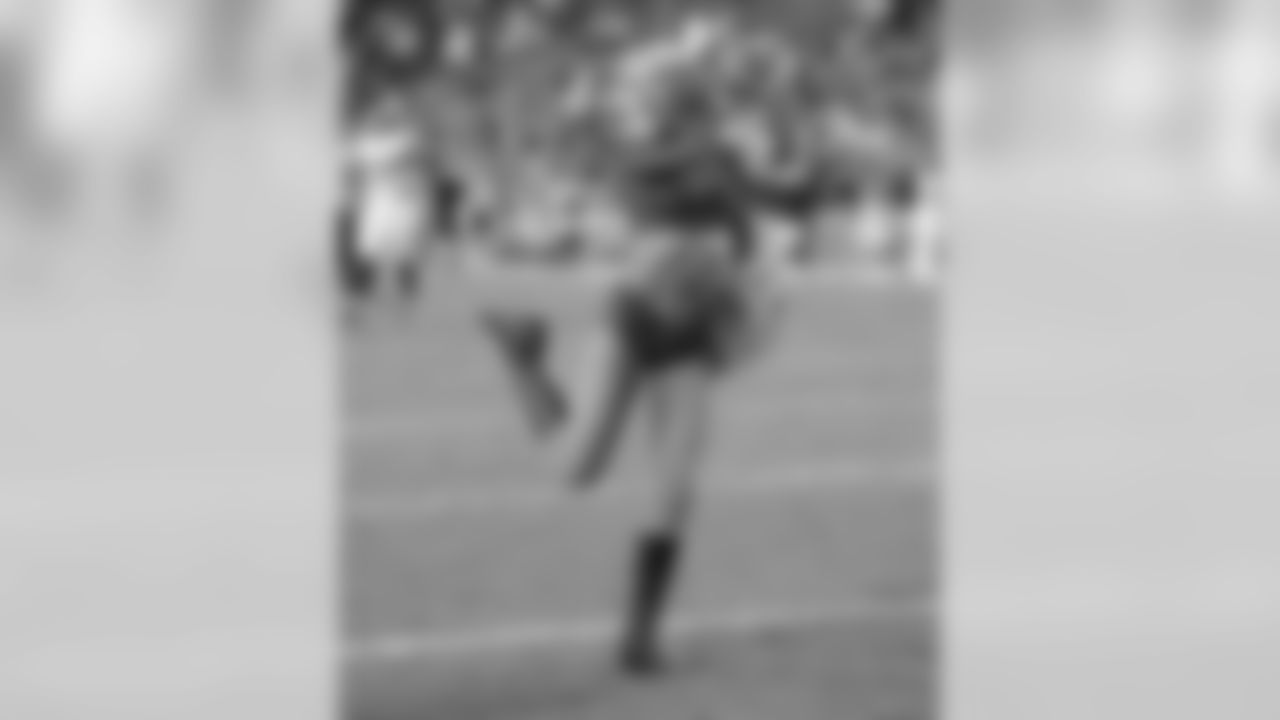

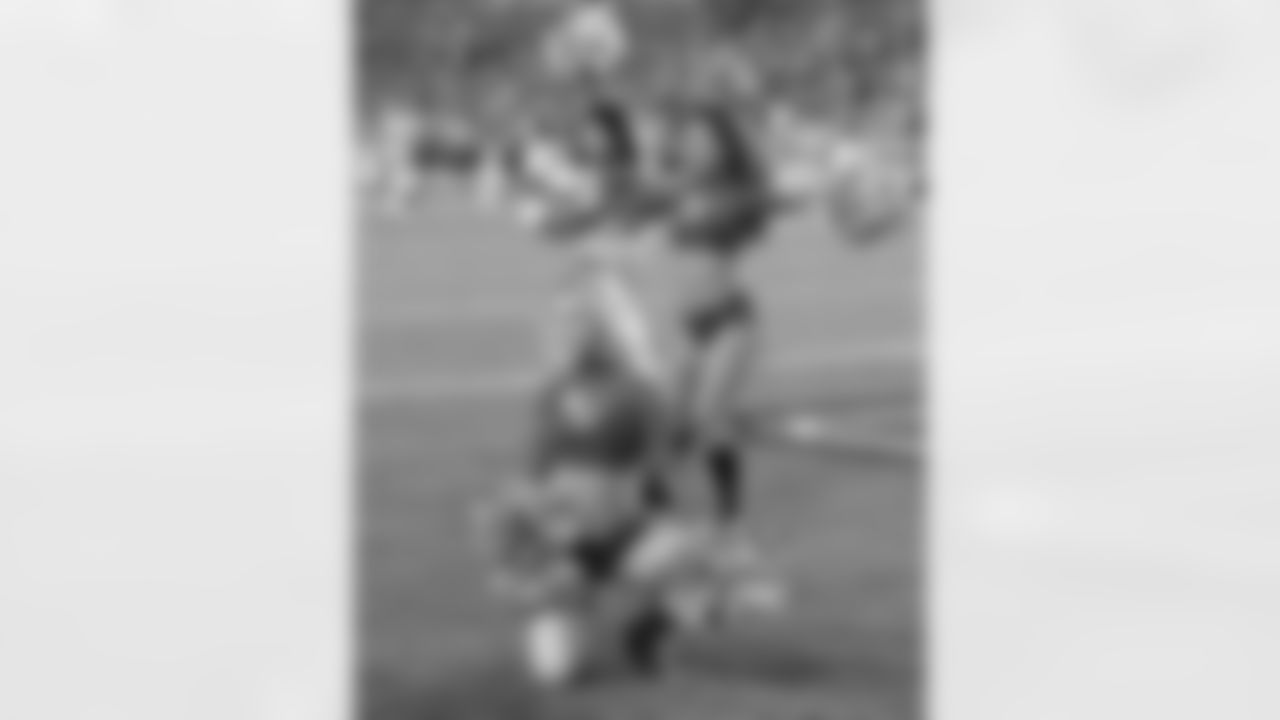




























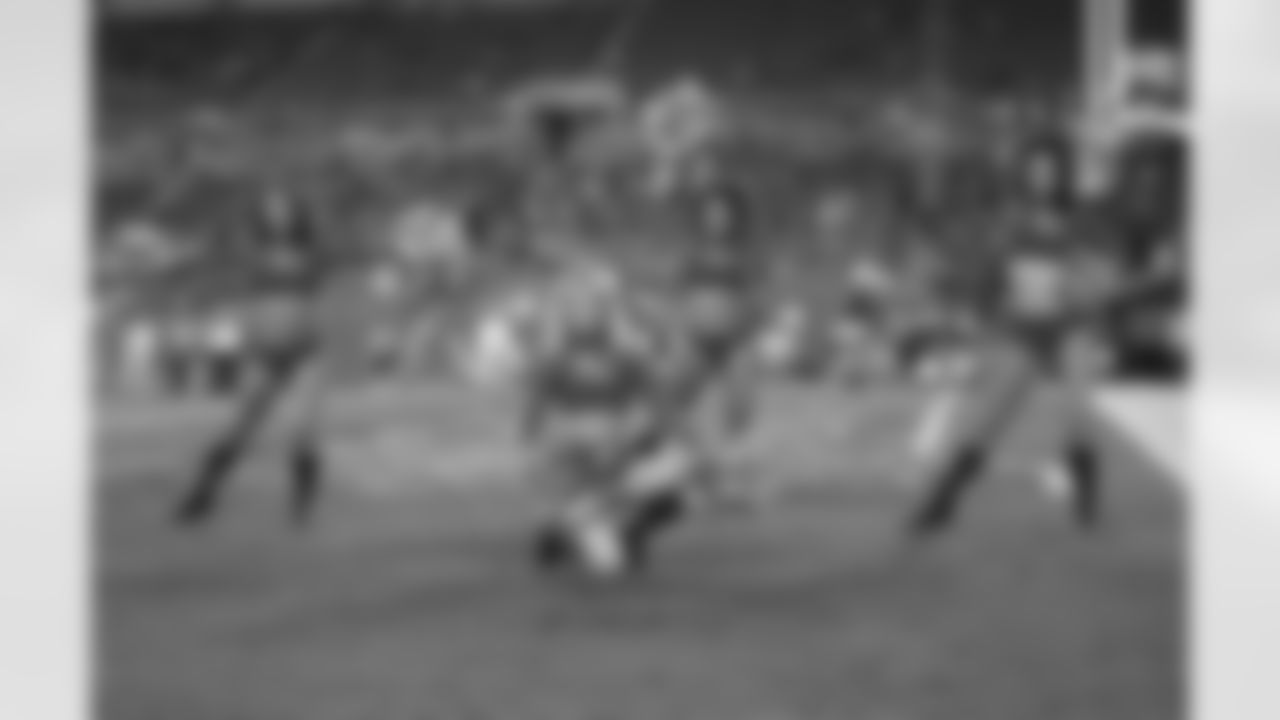
Hey, maybe this is a particular advantage for the Buccaneers because both their Thursday-nighter and their follow-up were/are home games! Yeah, not so much. Seven teams have had that same home-home pairing over the past two teams, and they were 3-4 in the second contests.
I'm sure the Buccaneers took advantage of their extra time off, both to recover from injuries and to evaluate what has gone right and wrong so far. Those opportunities can't hurt. But if we're looking for evidence that the "mini-bye" is in itself a harbinger for victory, I'm not finding it. Sorry, Mike.






















